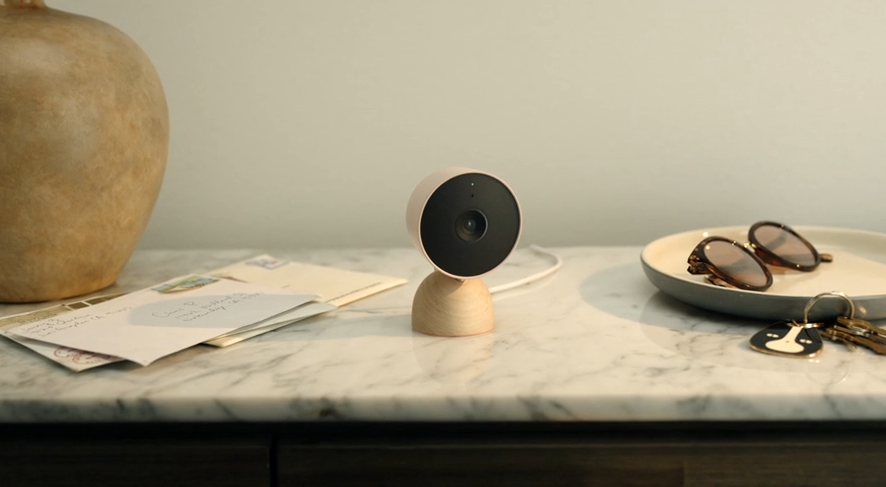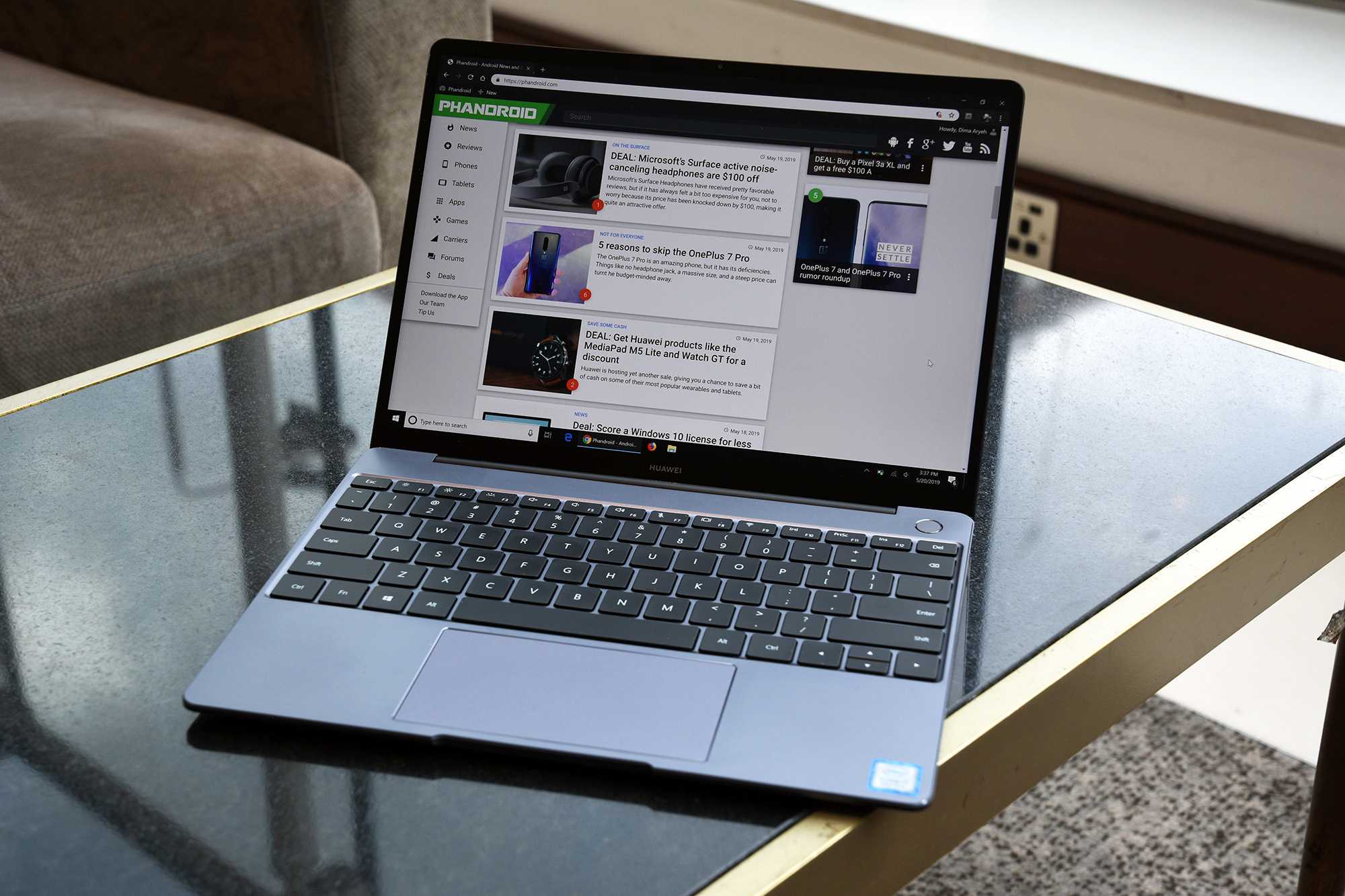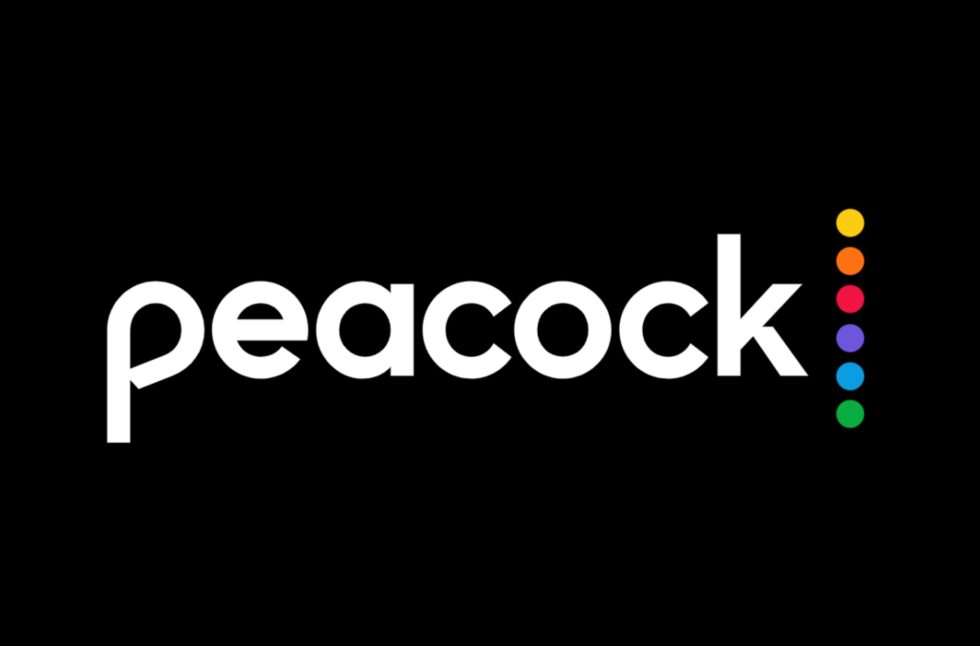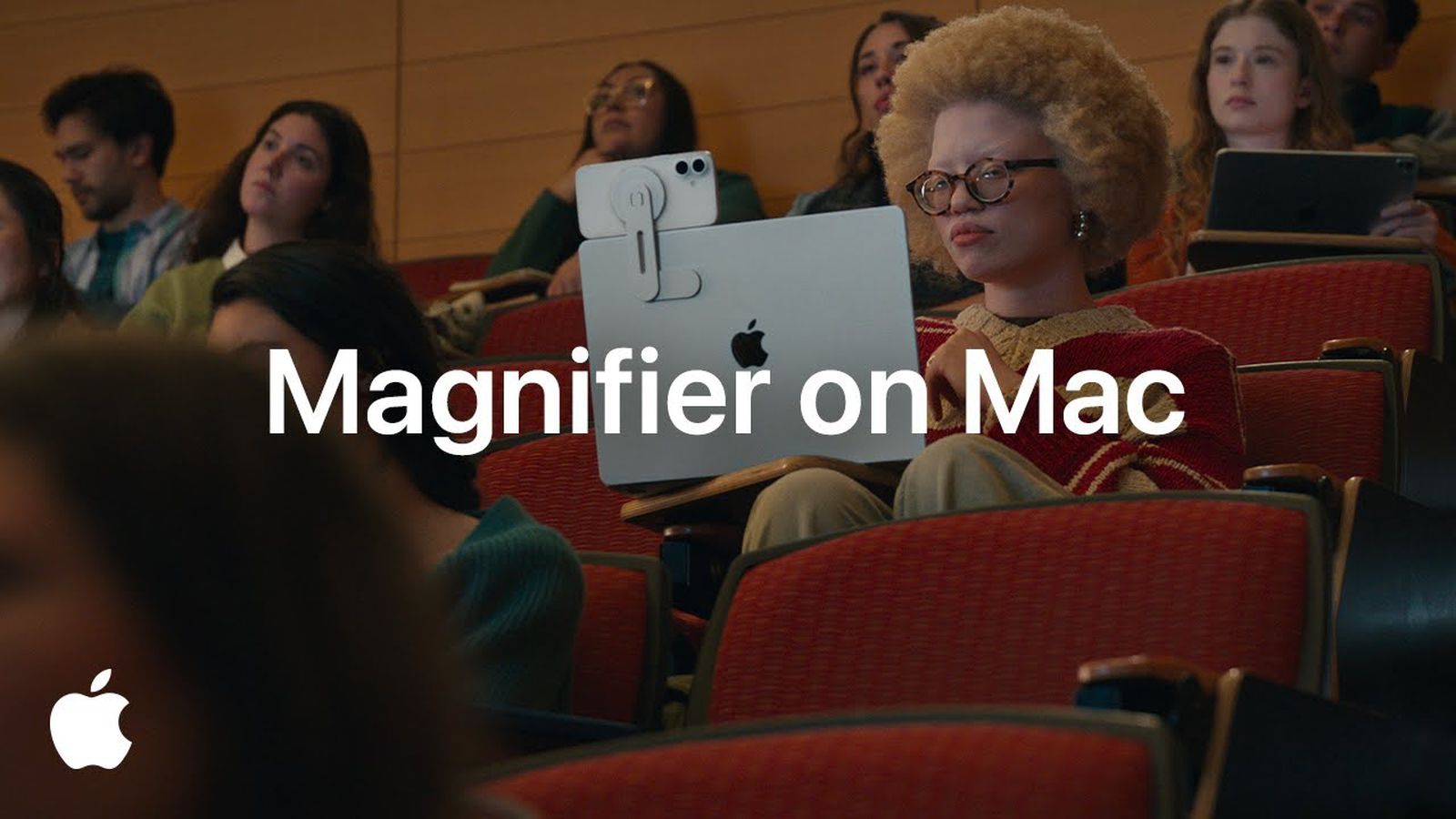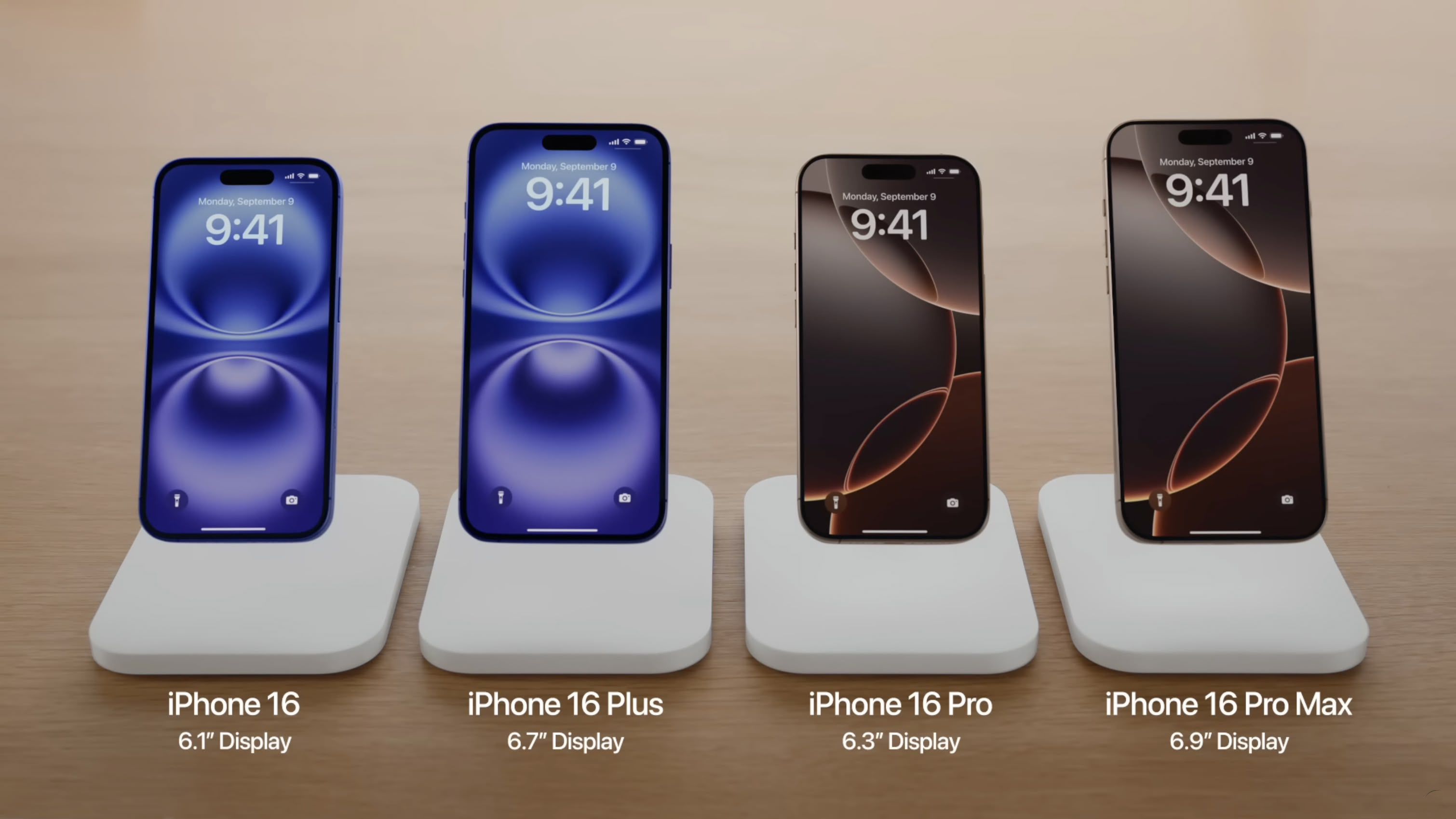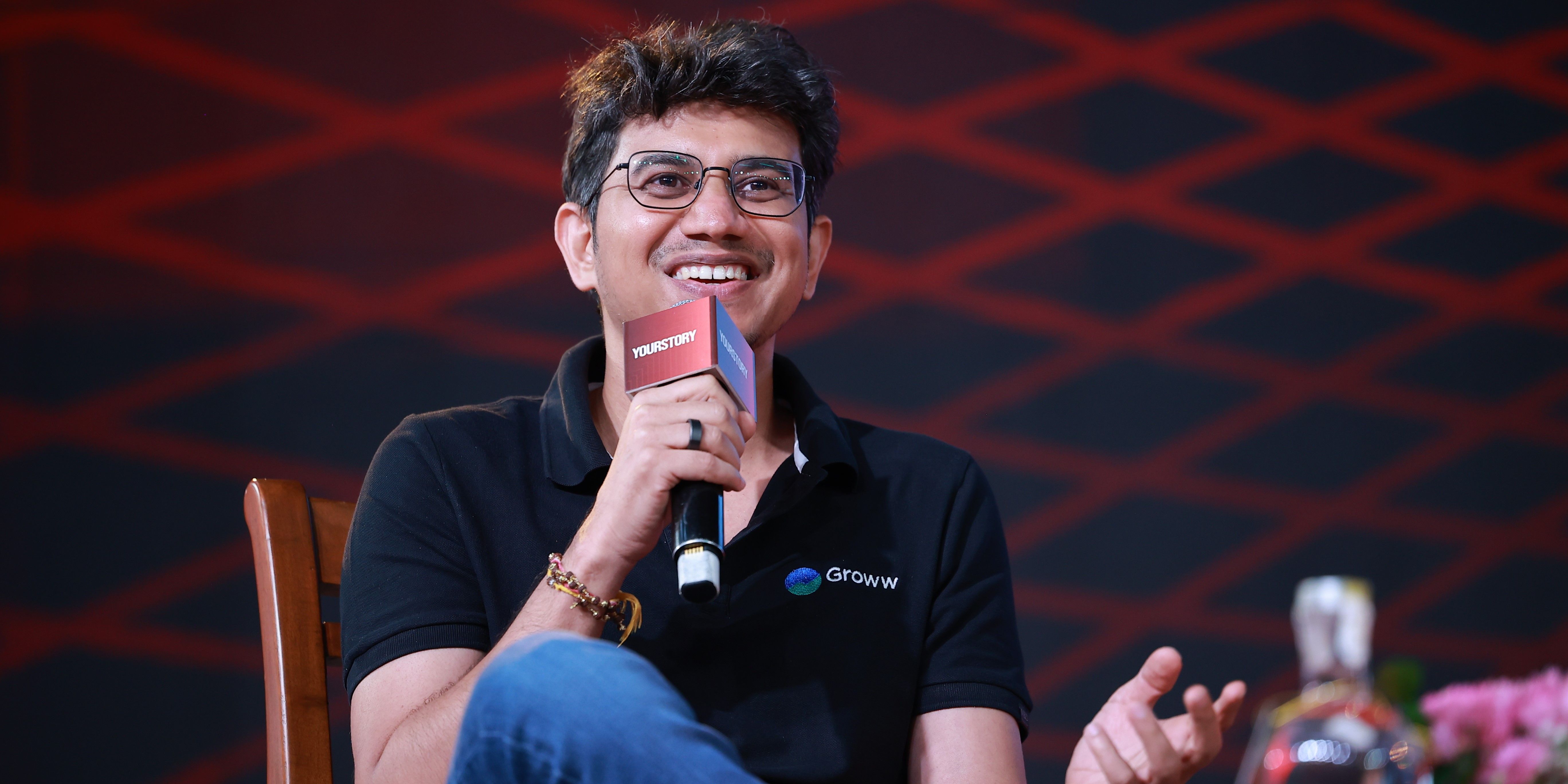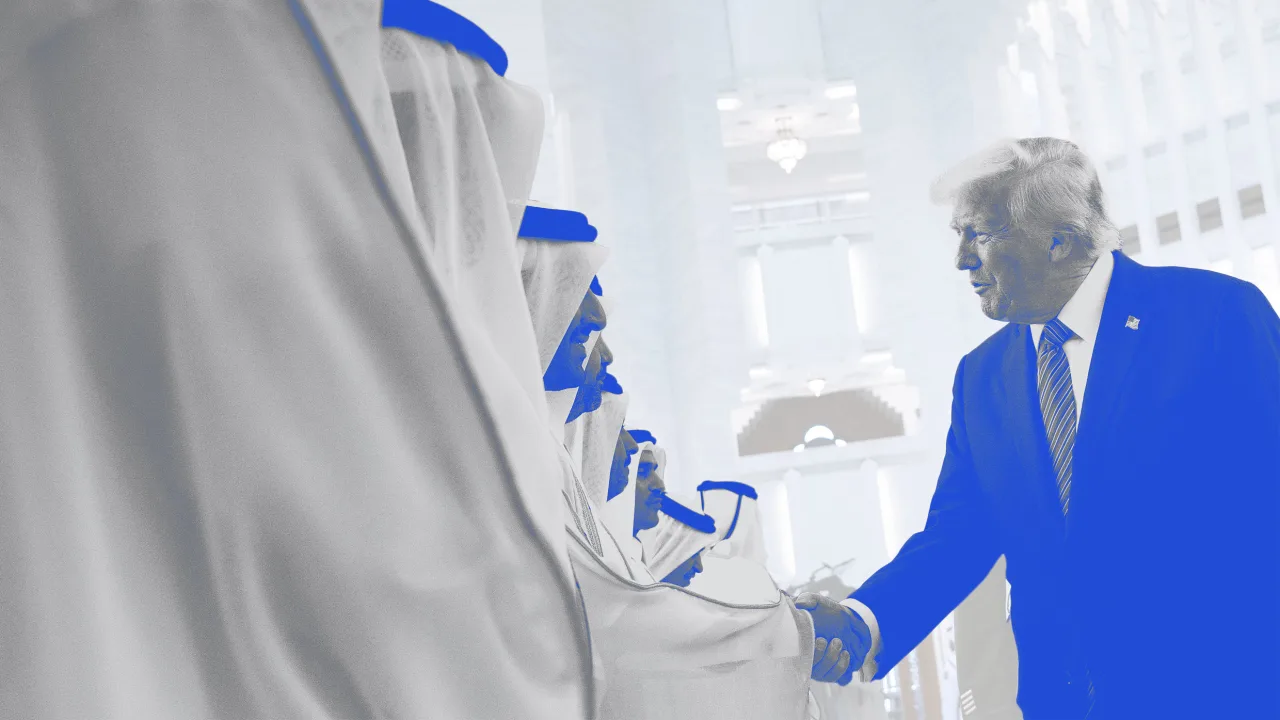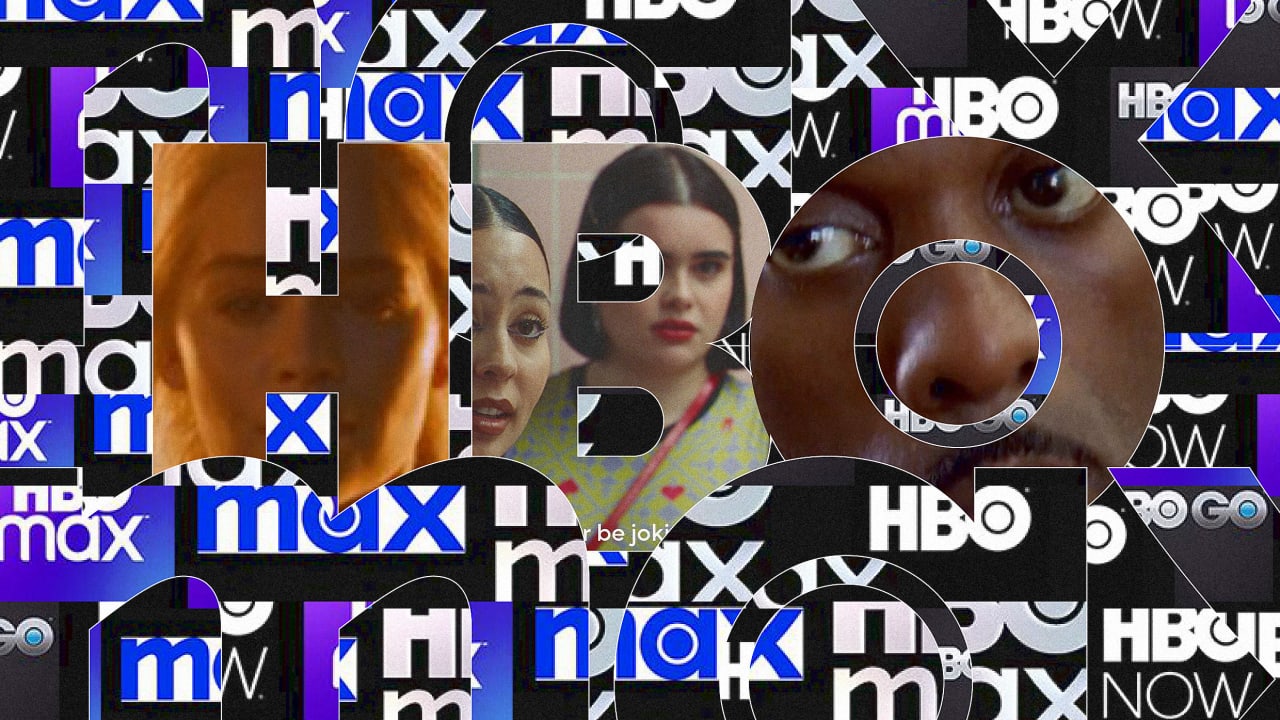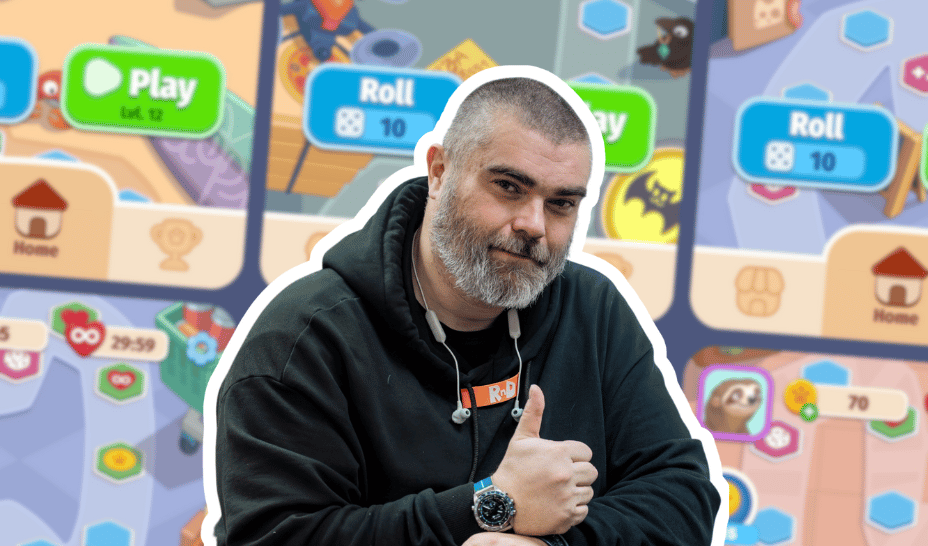How a Puzzle-Platformer Can Reflect Cooperation, Privacy, and Corporate Greed
Hello. We’re Out of the Blue Games. At the end of 2023, we released American Arcadia. It’s a nice little game that explores quite a few themes—some easy to spot, others less so. Although taking a risk and creating a completely different game after releasing a successful first title (Call of the Sea) is not […] The post How a Puzzle-Platformer Can Reflect Cooperation, Privacy, and Corporate Greed appeared first on Xbox Wire.

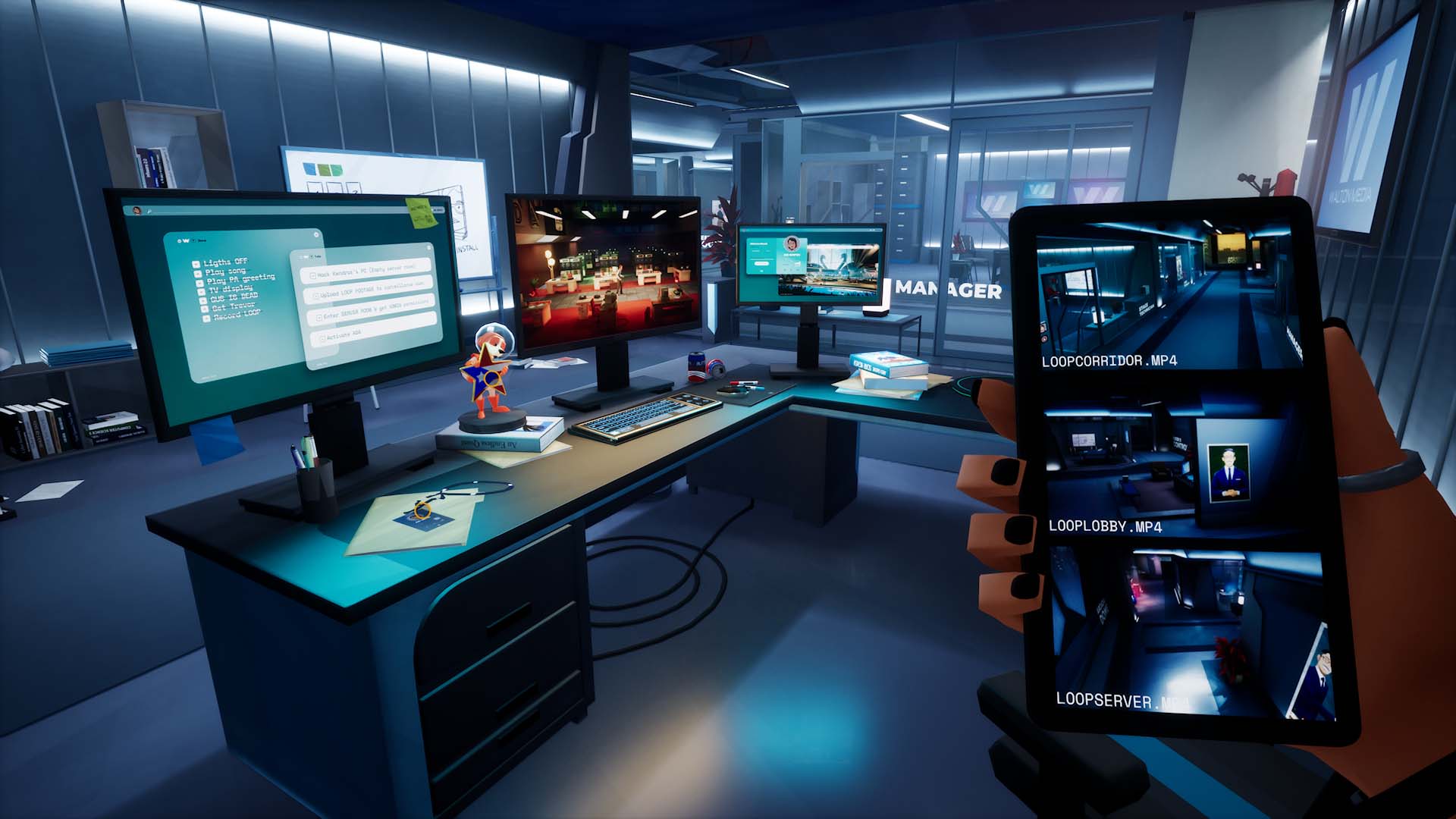
Hello. We’re Out of the Blue Games.
At the end of 2023, we released American Arcadia. It’s a nice little game that explores quite a few themes—some easy to spot, others less so.
Although taking a risk and creating a completely different game after releasing a successful first title (Call of the Sea) is not something that happens often these days, we gladly accepted the challenge: we wanted to develop new game mechanics, tell new stories, and keep evolving as game developers.
That’s when our initial concept popped into our heads: an escape game. Someone would be fleeing from a dystopia.
From Dystopia to Utopia
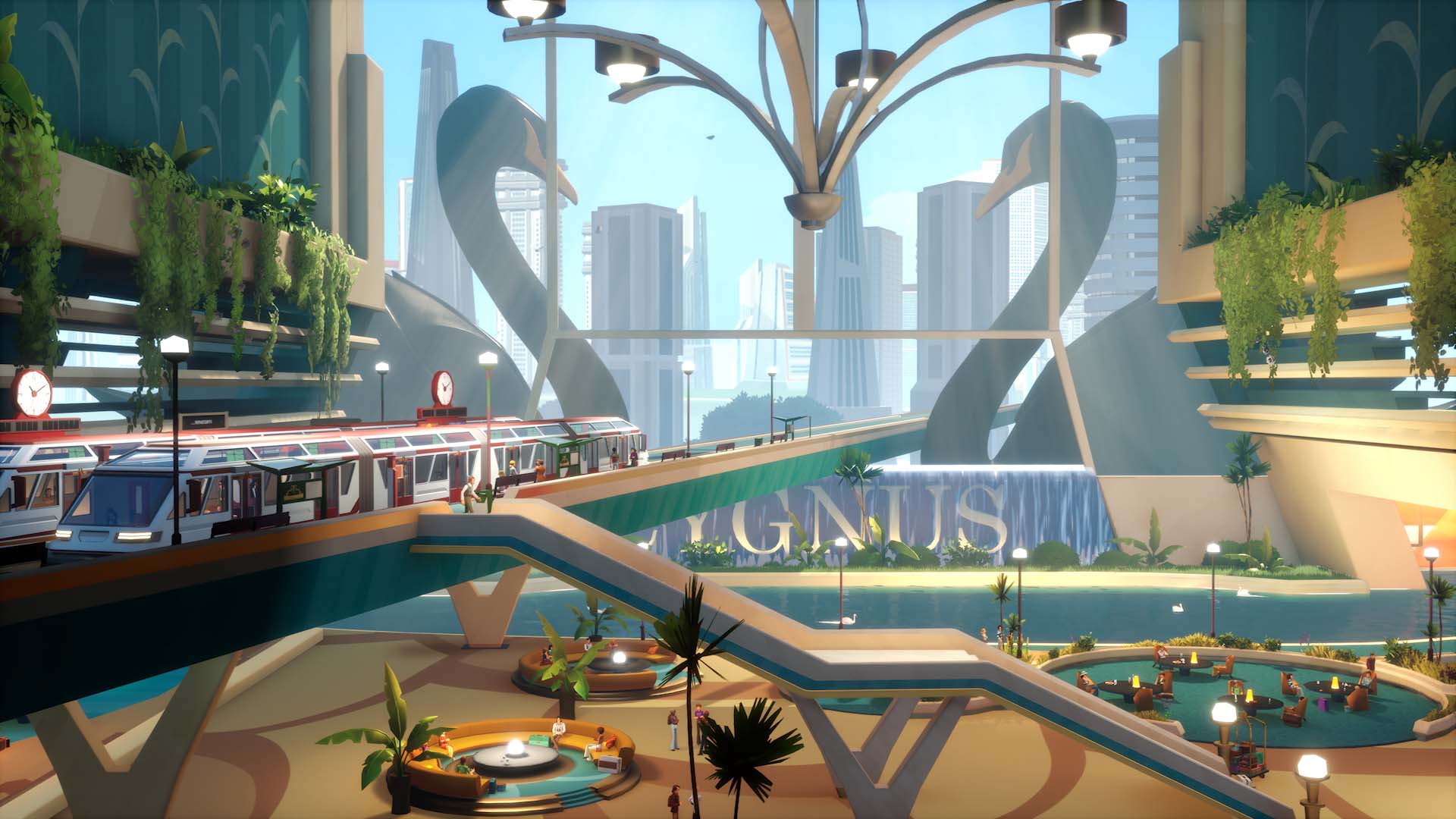
But as development progressed, the dystopia became a utopian city. And that brought a lot of questions. The first one was: if everything is so nice inside this city, why is this man escaping?
The answer was that there had to be something wrong with the city. Something terrible. And we didn’t have to look much further than our daily lives.
In the last two years, those of us who develop video games have experienced firsthand what happens when unbridled ambition turns creative, idealistic companies into soulless entities—controlled by algorithms and ruled only by profit.
That’s how Arcadia, which was originally conceived as a prototype community for the future, became a soulless 24-hour broadcast reality show.
But Why Him?
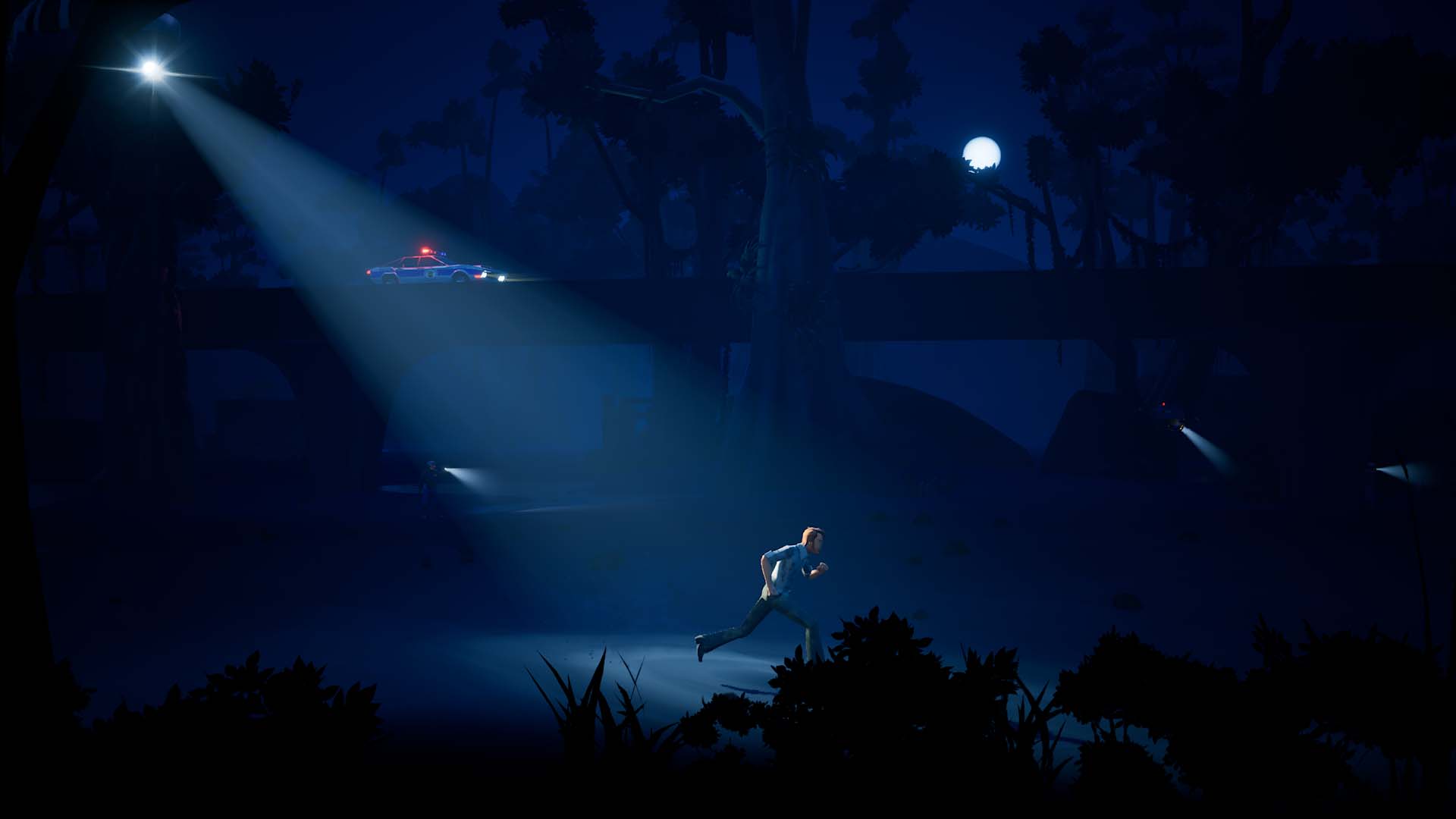
This led us to another important theme in the game. Why was this guy (who now had a name, Trevor Clarence Hills, trying to escape?
Again, we didn’t need to resort to science fiction to find an answer.
We are already living in a society obsessed with relevance and visibility, ruled by algorithms and big data. Nowadays, privacy is almost a crime. So that’s what Trevor was meant to be: an ordinary man, a victim of a giant corporation. Someone who values his private life.
To sum up: Trevor’s life was not good American Arcadia material. And he was punished for it.
An Escape Game of Two
But now that we had this setting, we knew this quiet, easygoing man would have a hard time trying to get out of the city. So, was someone from the outside helping Trevor?
That’s how Angela, the engineer working behind the scenes, came into play.
And all of a sudden, this game about one man’s escape evolved into a reflection on how the need to cooperate—even against forces that sometimes seem undefeatable—helps us grow together and become better people. Doing the right thing is hard, but it’s always rewarding.
All Kinds of Gameplay
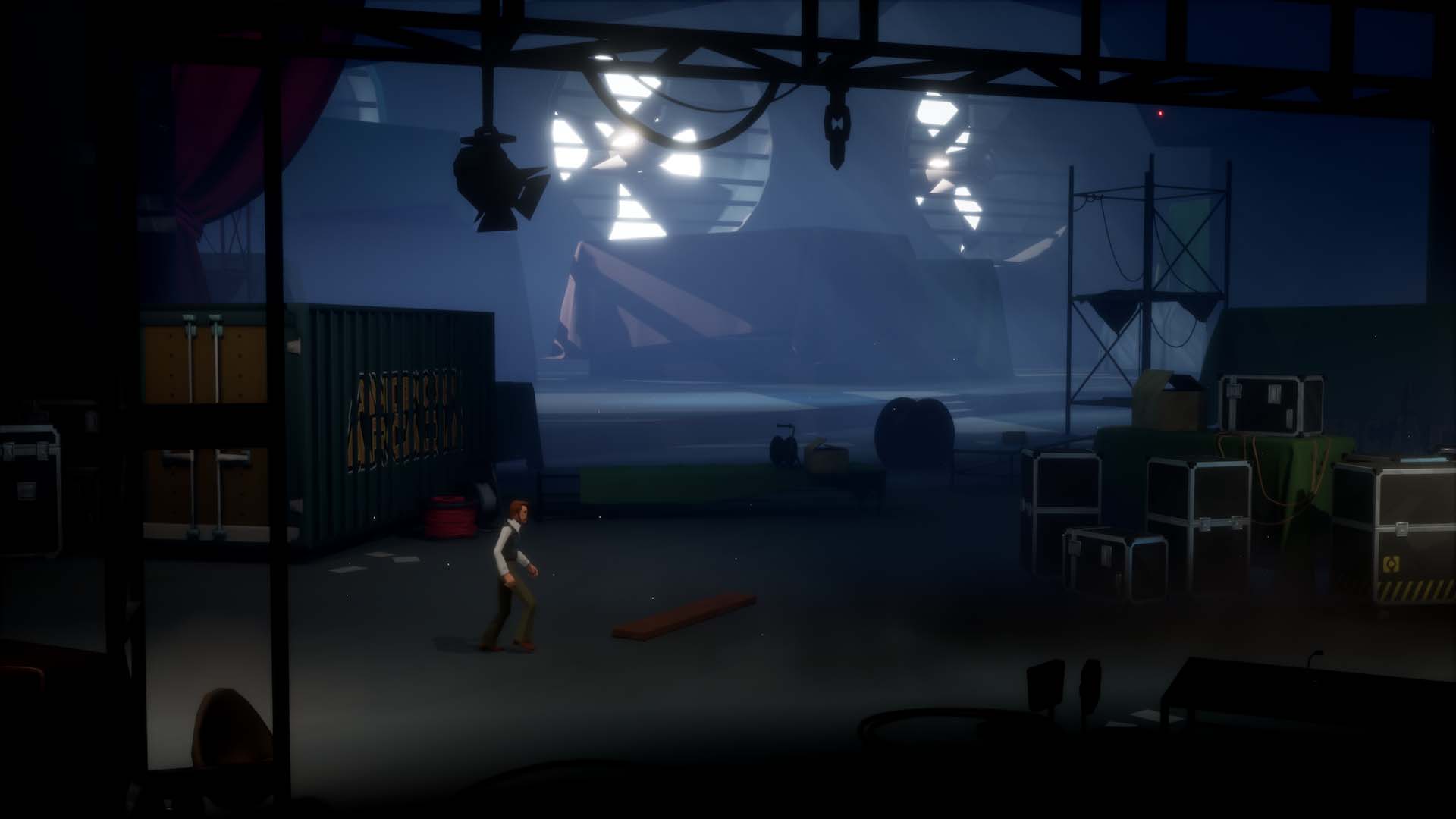
We tried to reflect all of our themes in the gameplay.
Trevor moves through side-scrolling sections, walking and running along a path more or less laid out for him, which represents a controlled and predetermined existence. On the other hand, when you play as Angela—who is helping him from the outside—you play from a first-person perspective. She’s free to move, think differently, and, crucially, help Trevor.
American Arcadia is a first-person, second-person, and third-person game. It’s a documentary. It’s a game. It’s a satire of our world. It has talking turtles and rainbow roads. And a super catchy song at the end.
—and if none of what we’ve told you hooks you, American Arcadia is also a visually stunning, super fun puzzle-platformer, available on Xbox Series X|S and Xbox One.
Give it a try.
American Arcadia
Raw Fury
The post How a Puzzle-Platformer Can Reflect Cooperation, Privacy, and Corporate Greed appeared first on Xbox Wire.

















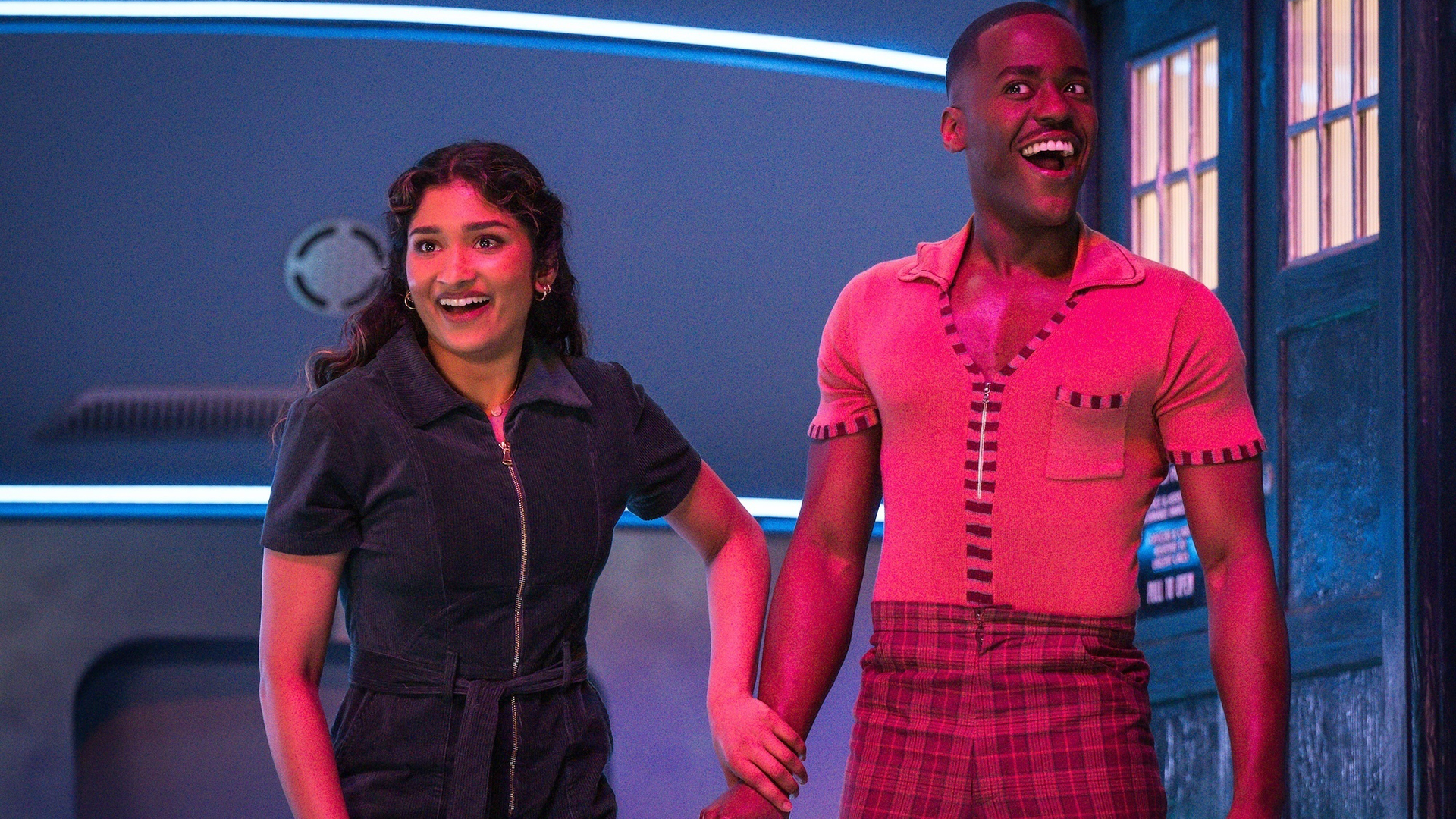
































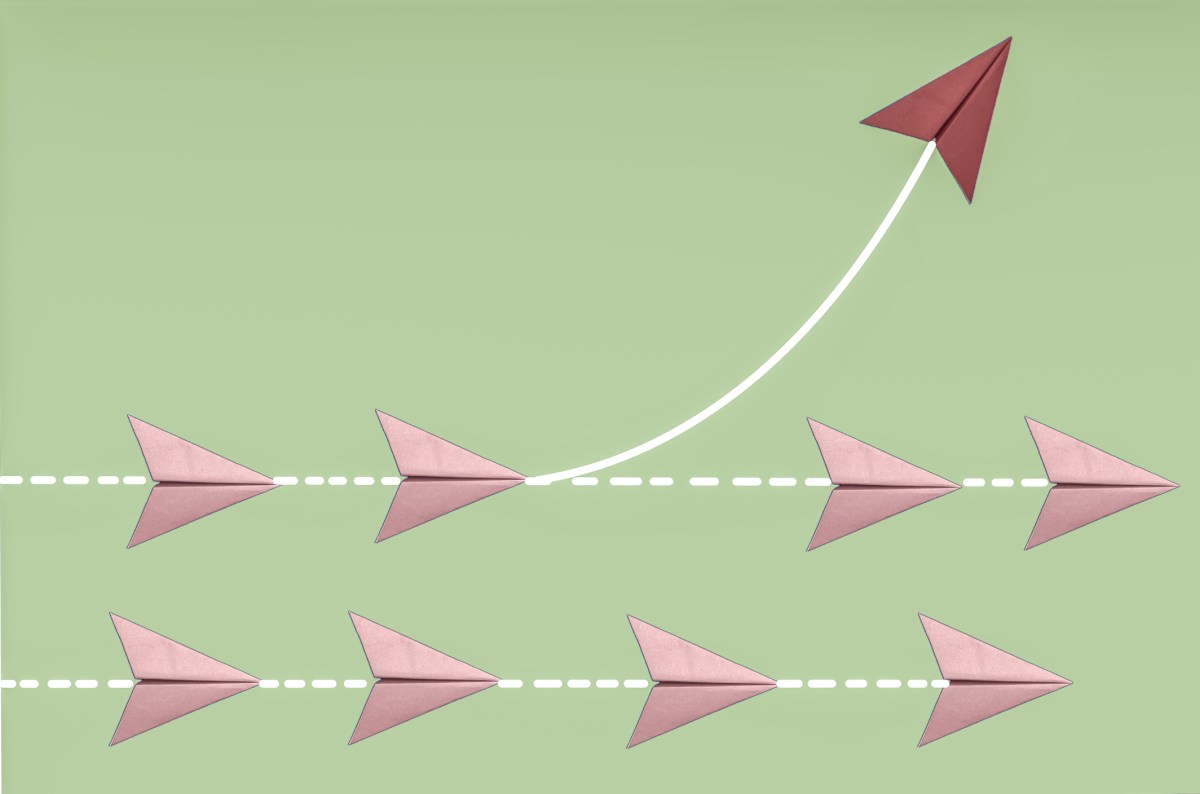
































































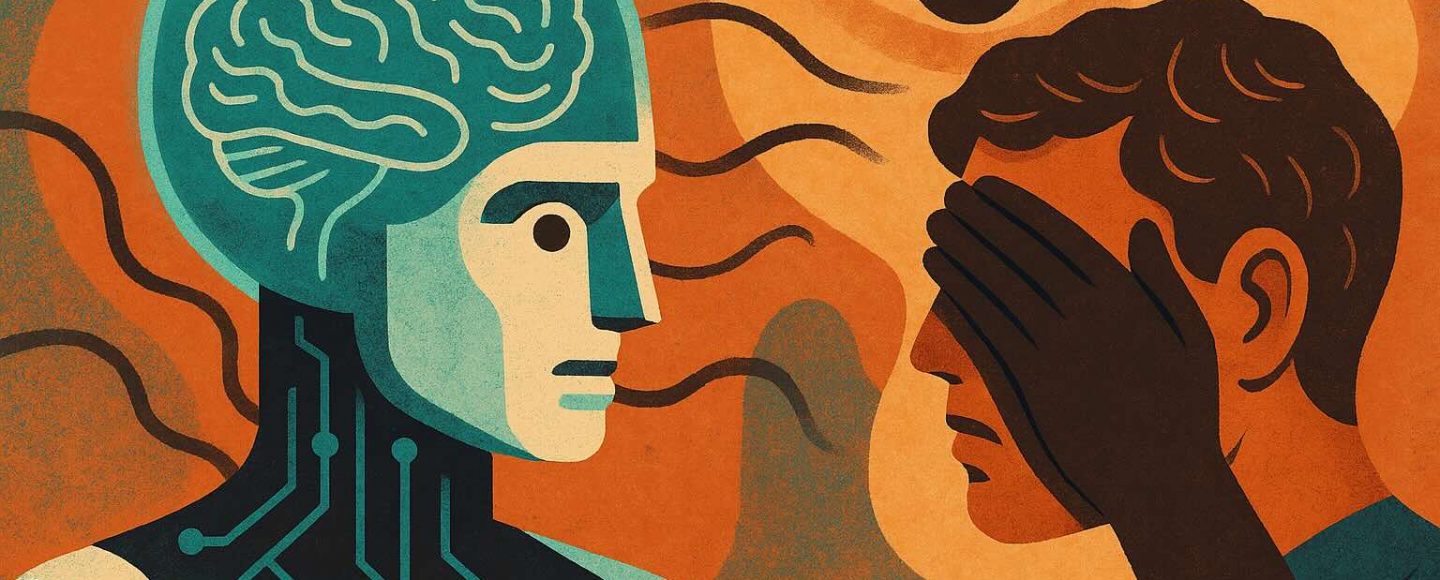









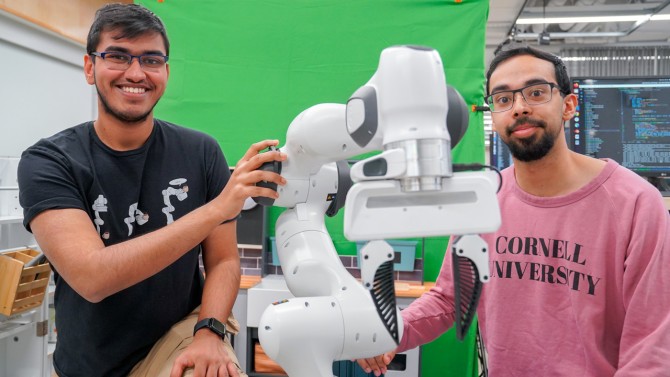




























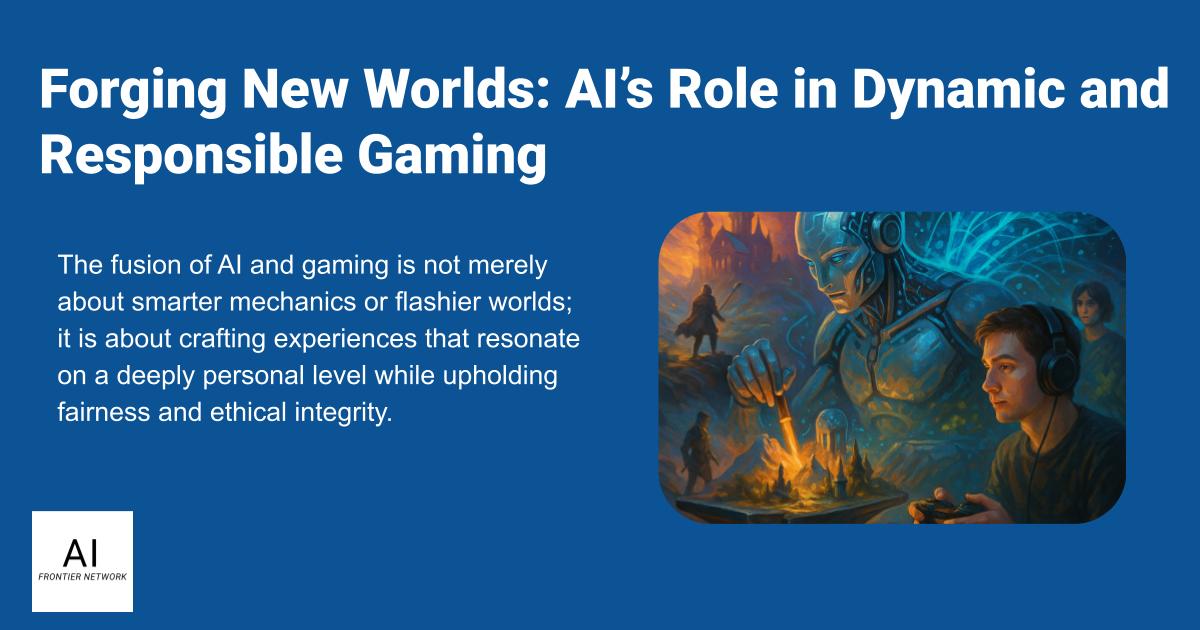
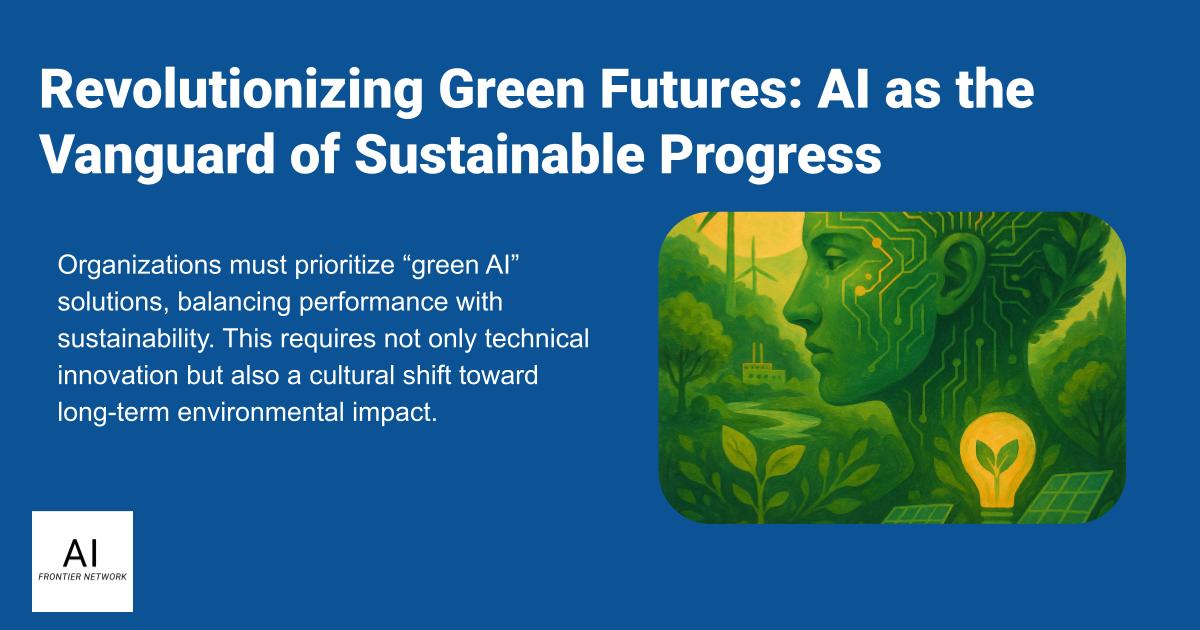
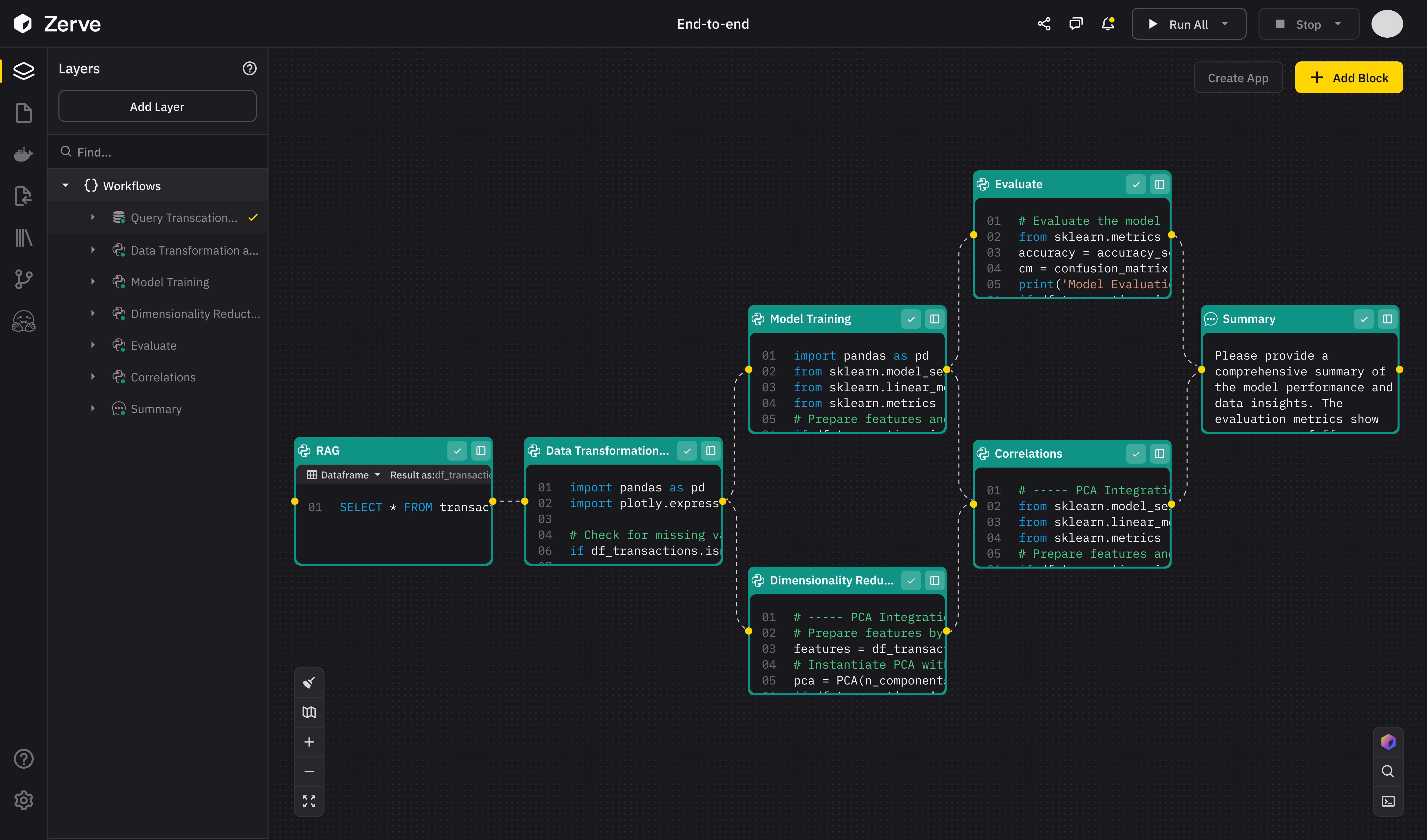













![[The AI Show Episode 147]: OpenAI Abandons For-Profit Plan, AI College Cheating Epidemic, Apple Says AI Will Replace Search Engines & HubSpot’s AI-First Scorecard](https://www.marketingaiinstitute.com/hubfs/ep%20147%20cover.png)


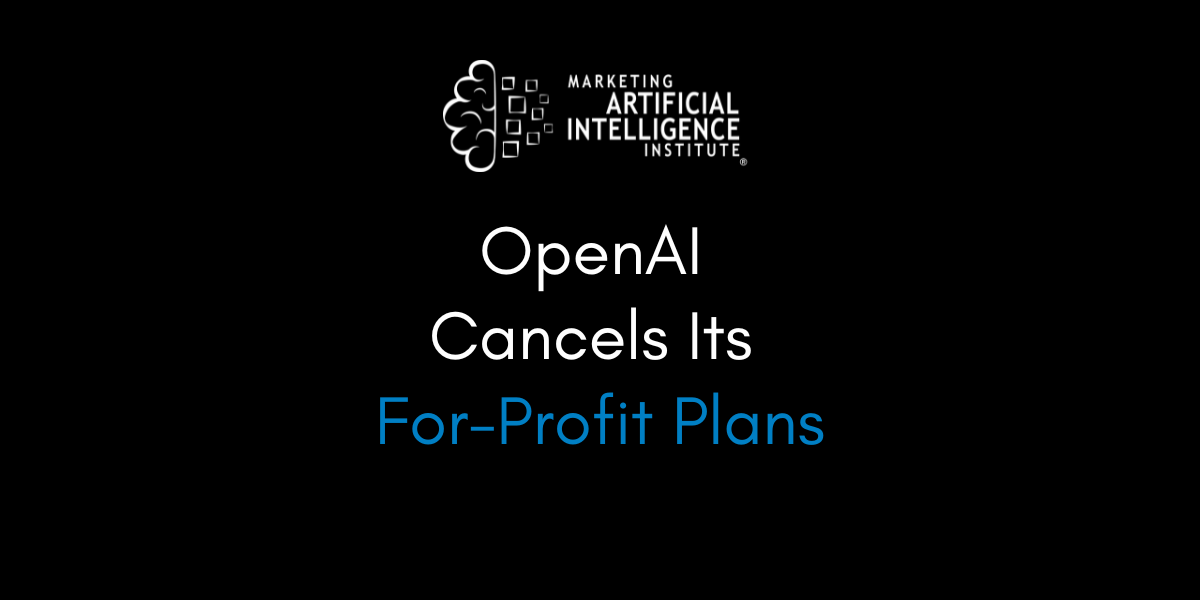






















![How to Enable Remote Access on Windows 10 [Allow RDP]](https://bigdataanalyticsnews.com/wp-content/uploads/2025/05/remote-access-windows.jpg)












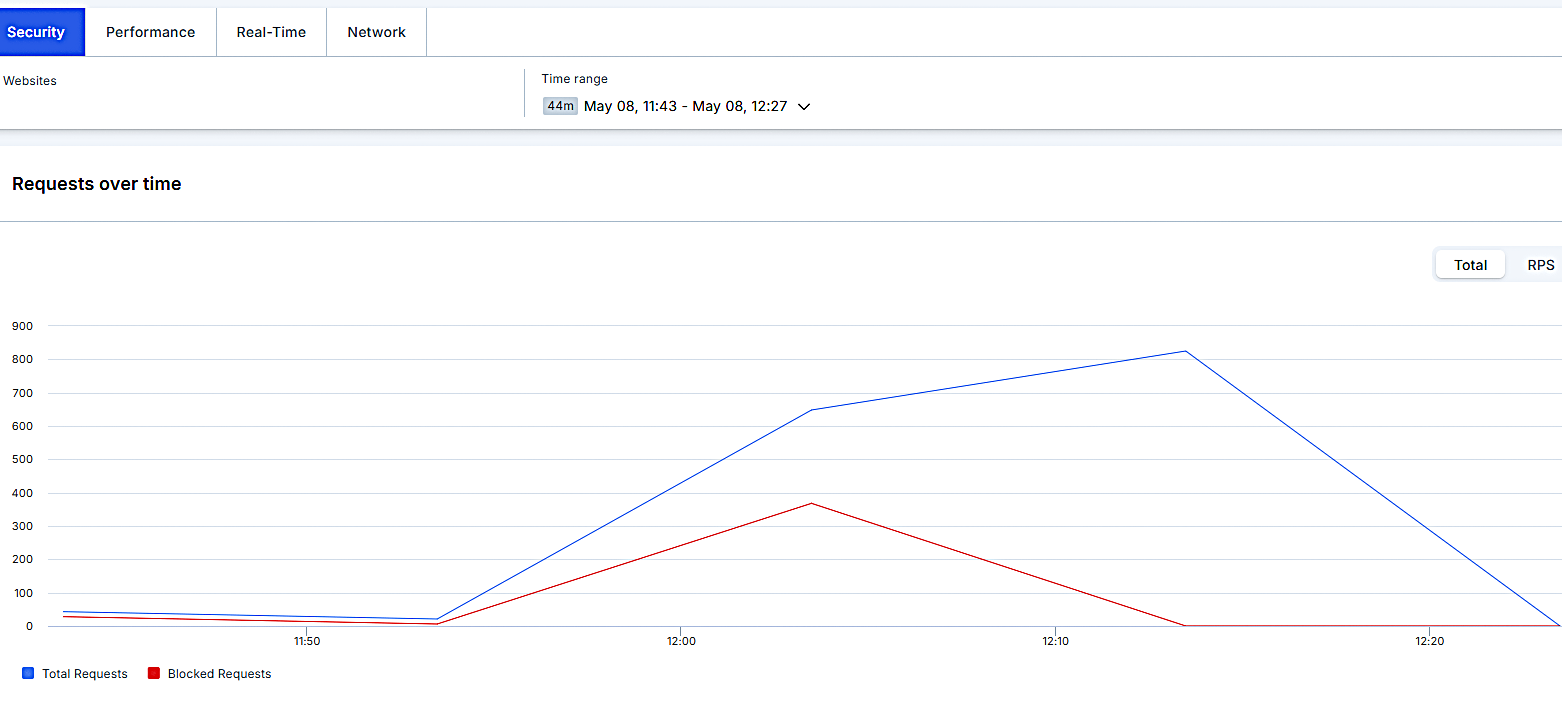




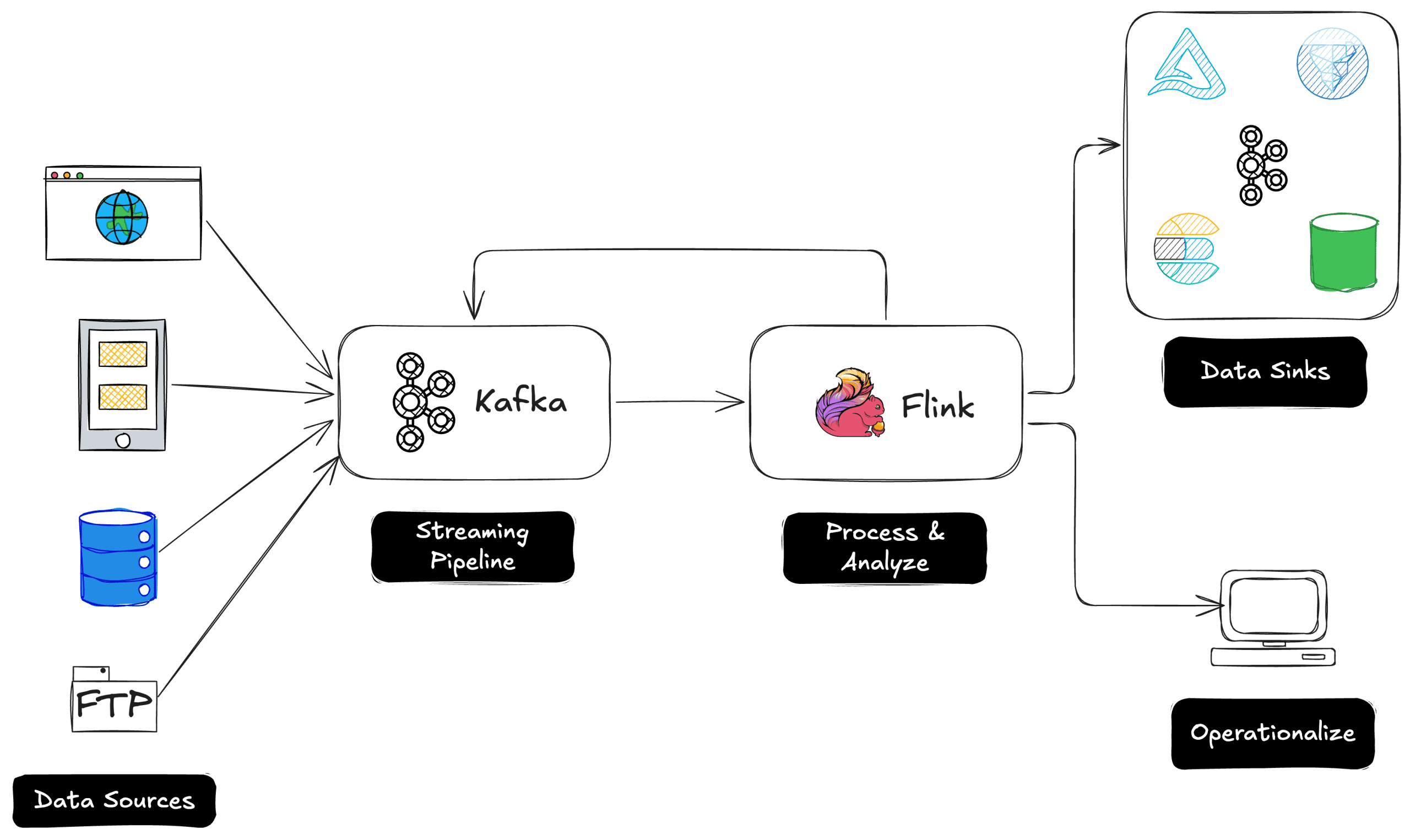















































































![[DEALS] The 2025 Ultimate GenAI Masterclass Bundle (87% off) & Other Deals Up To 98% Off – Offers End Soon!](https://www.javacodegeeks.com/wp-content/uploads/2012/12/jcg-logo.jpg)





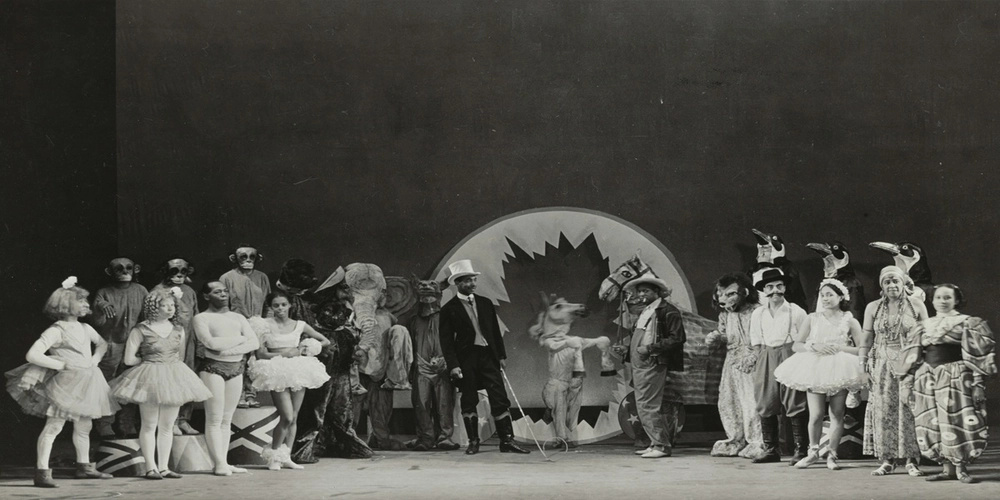






































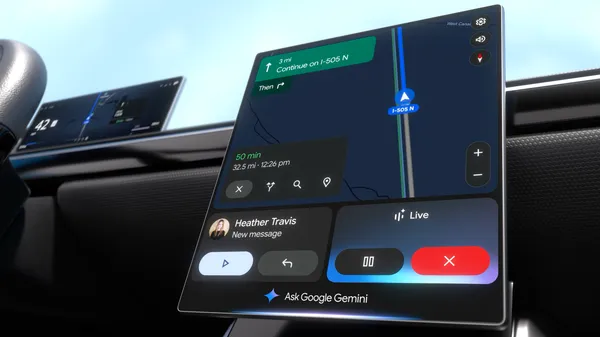
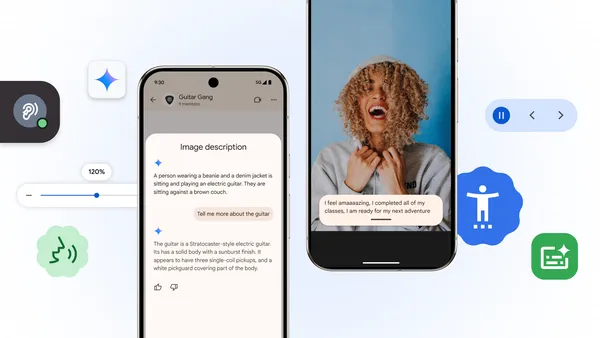
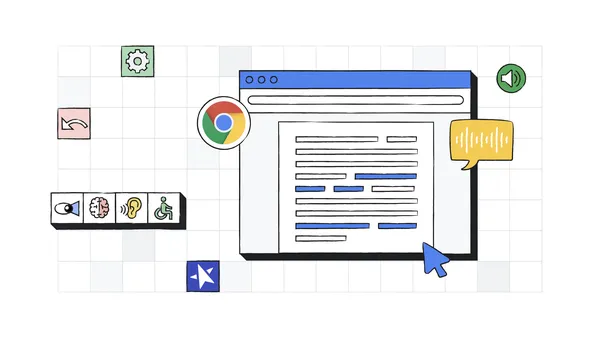
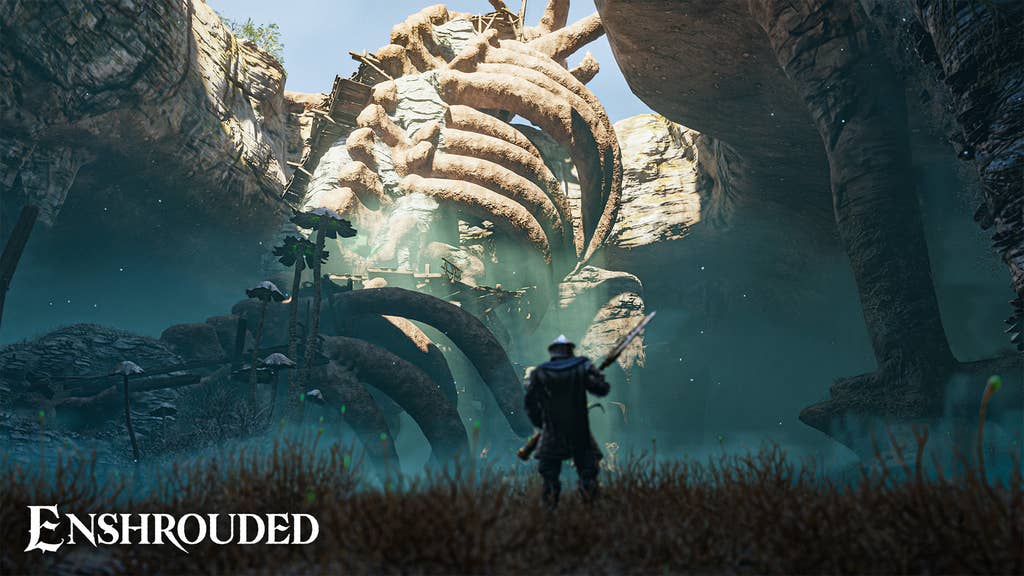



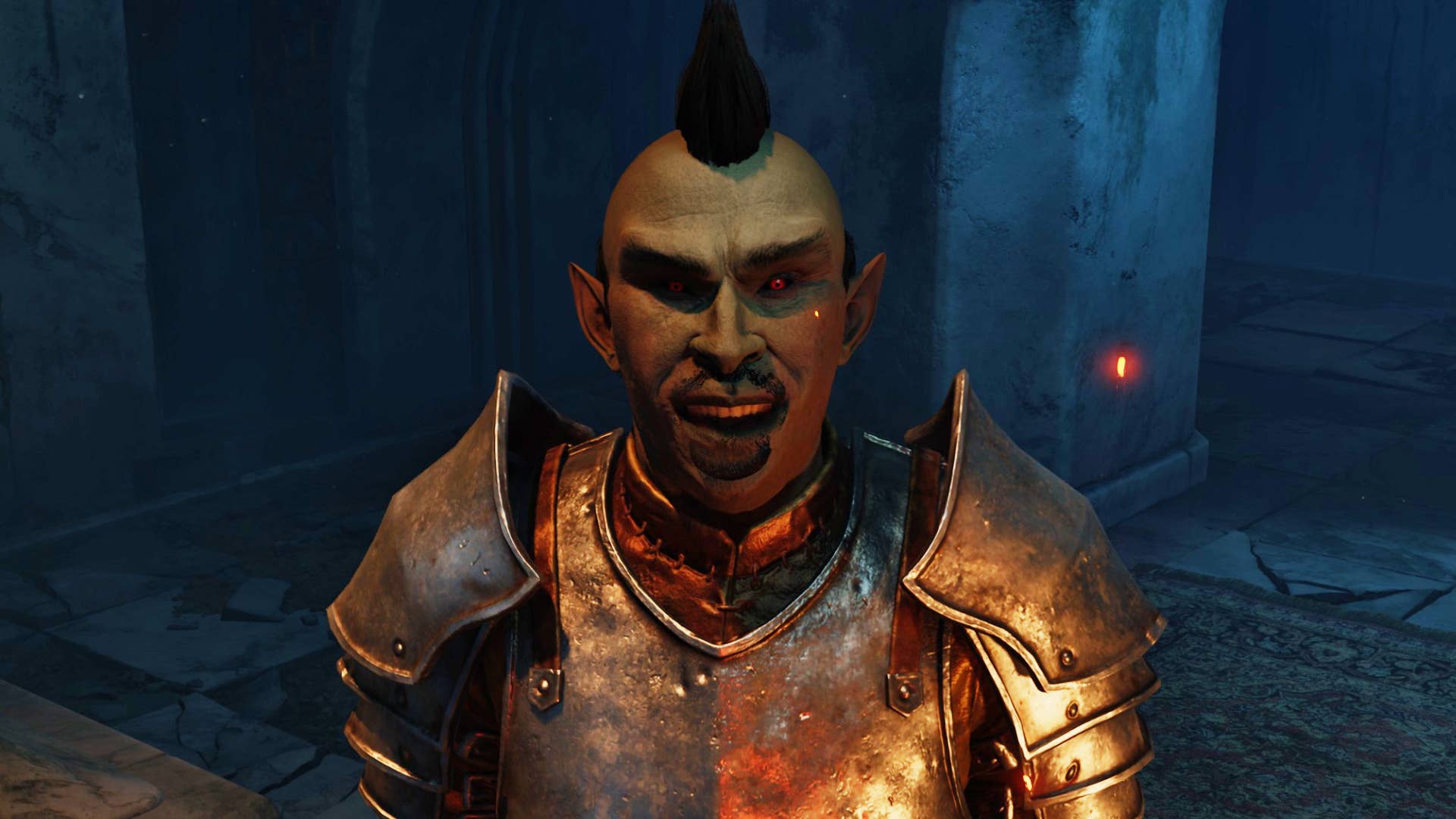
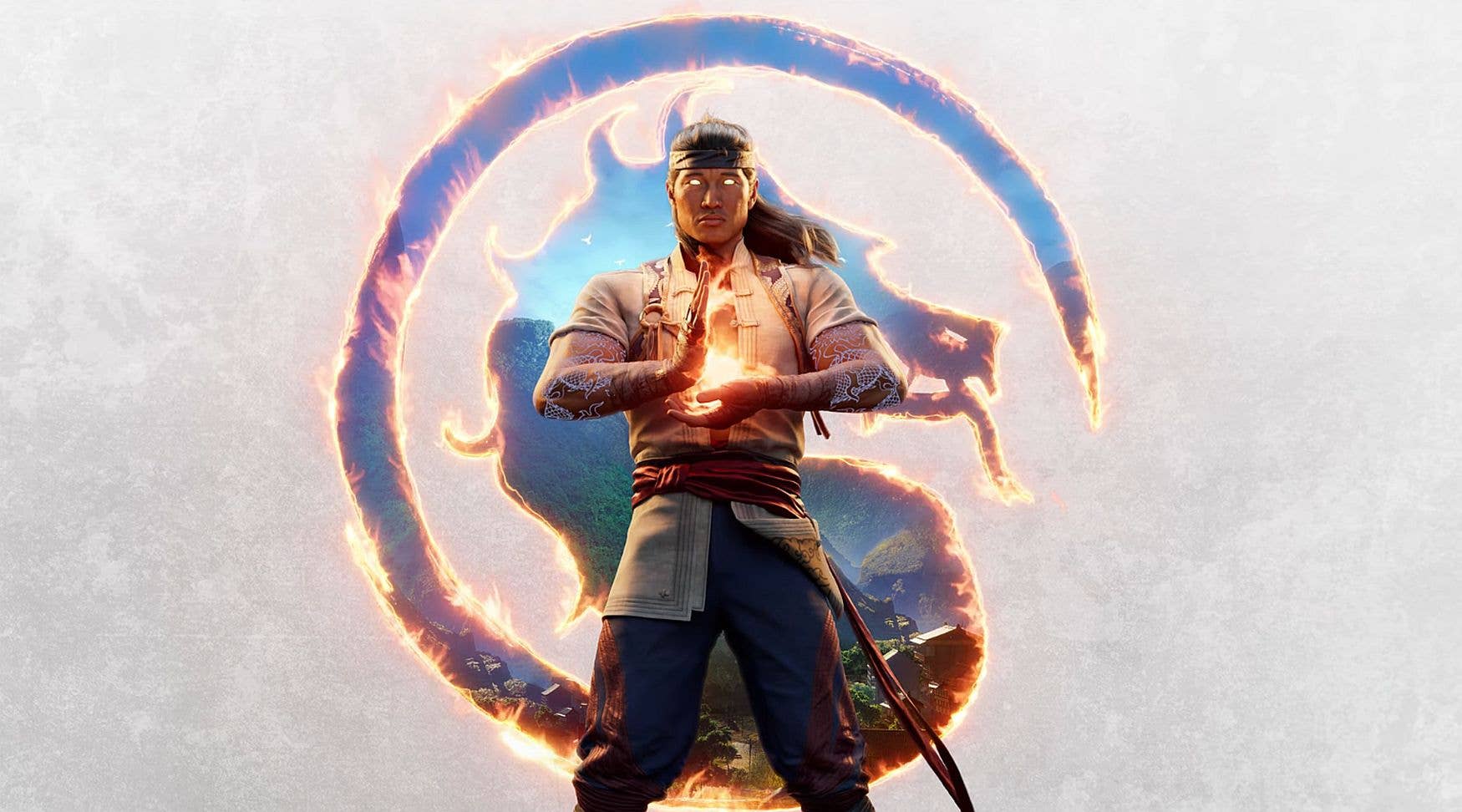

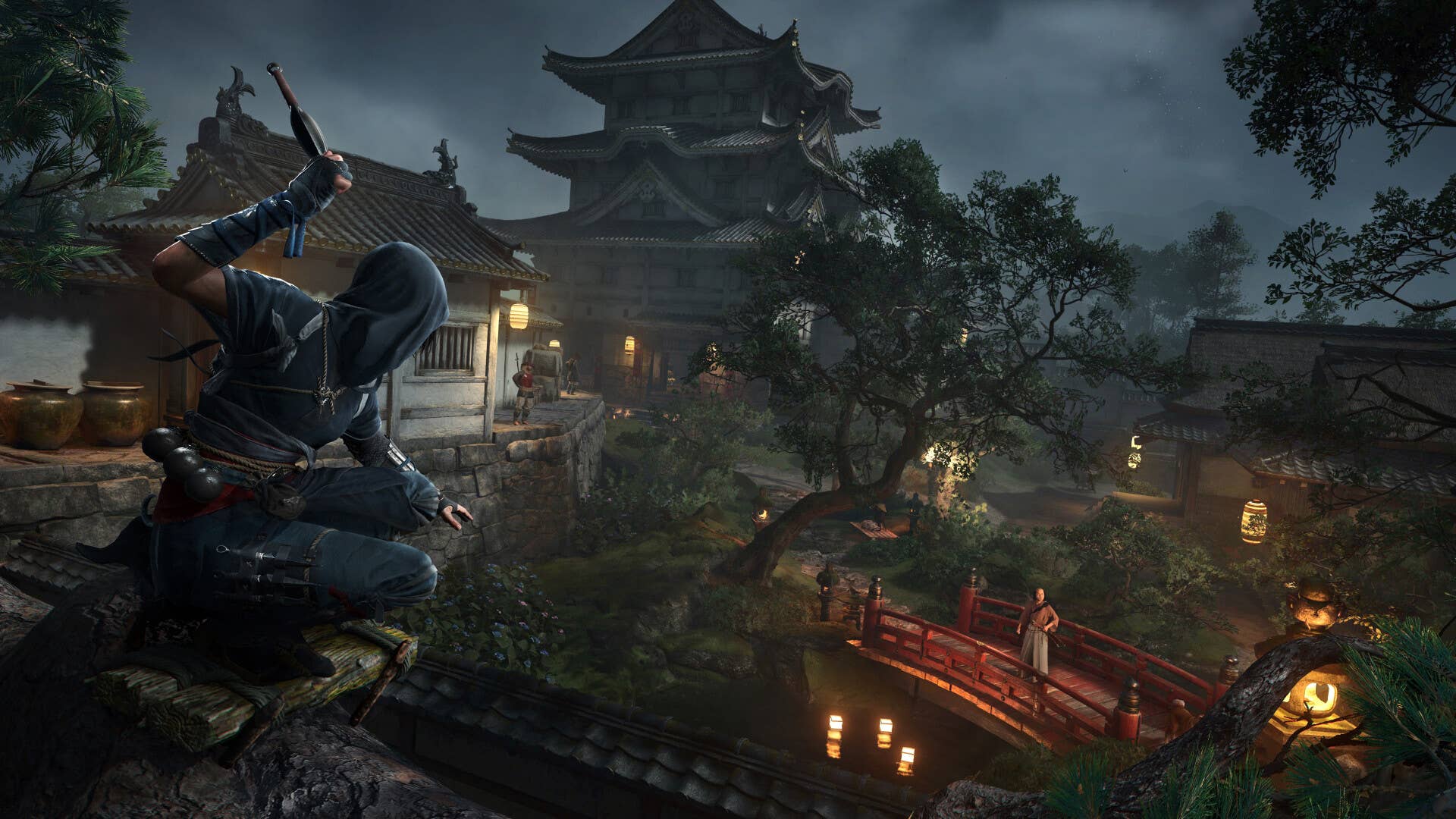






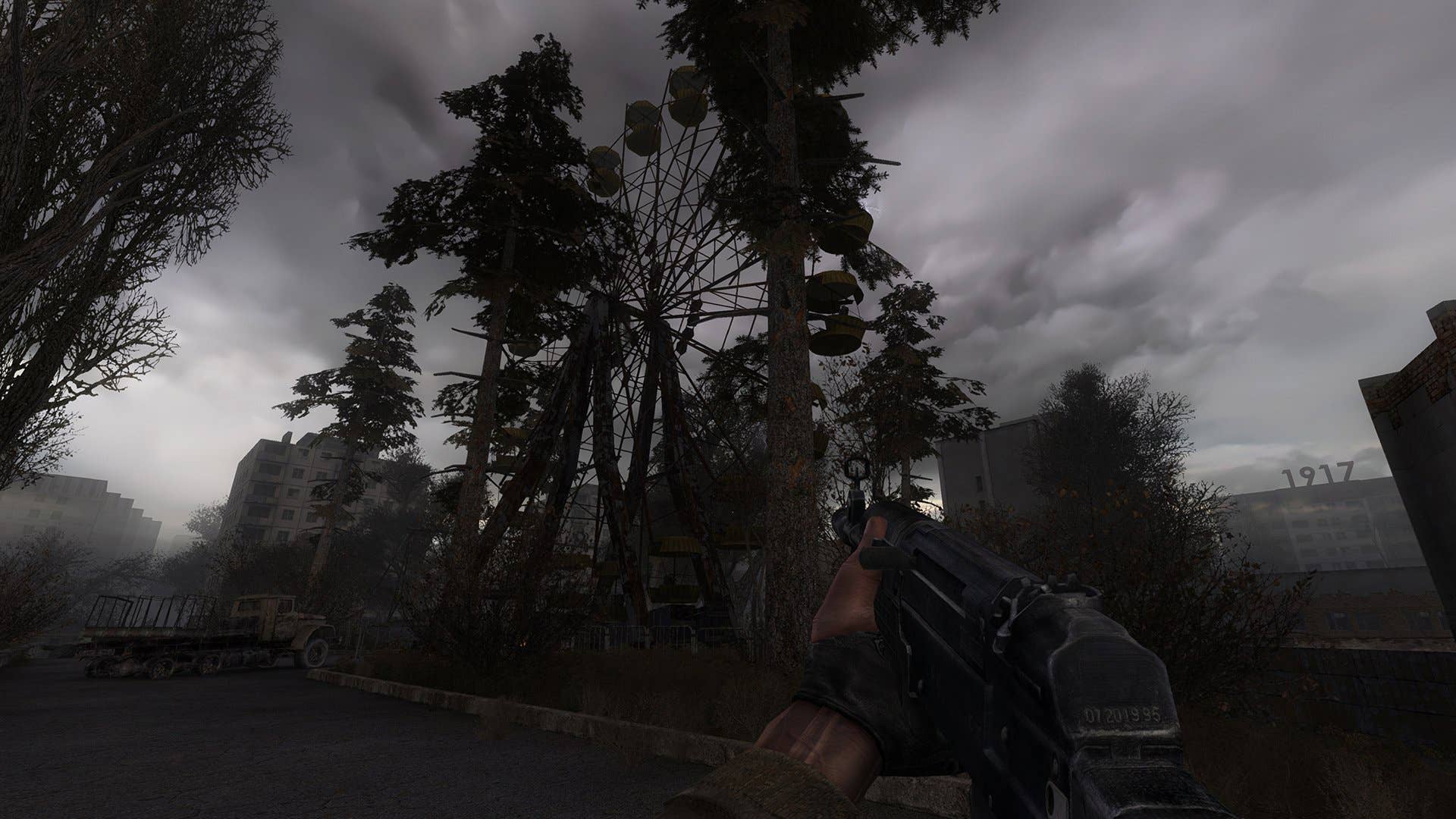
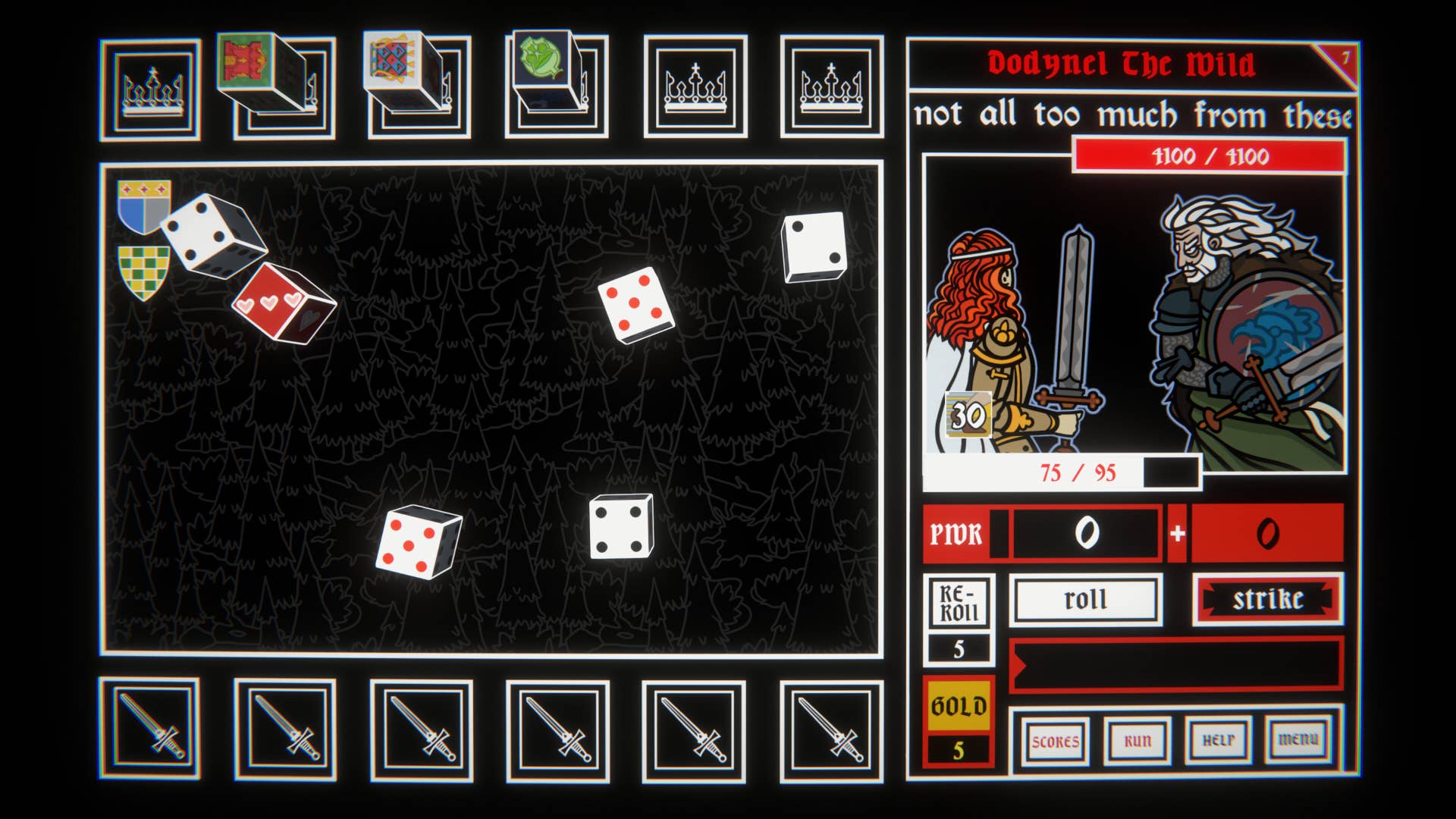
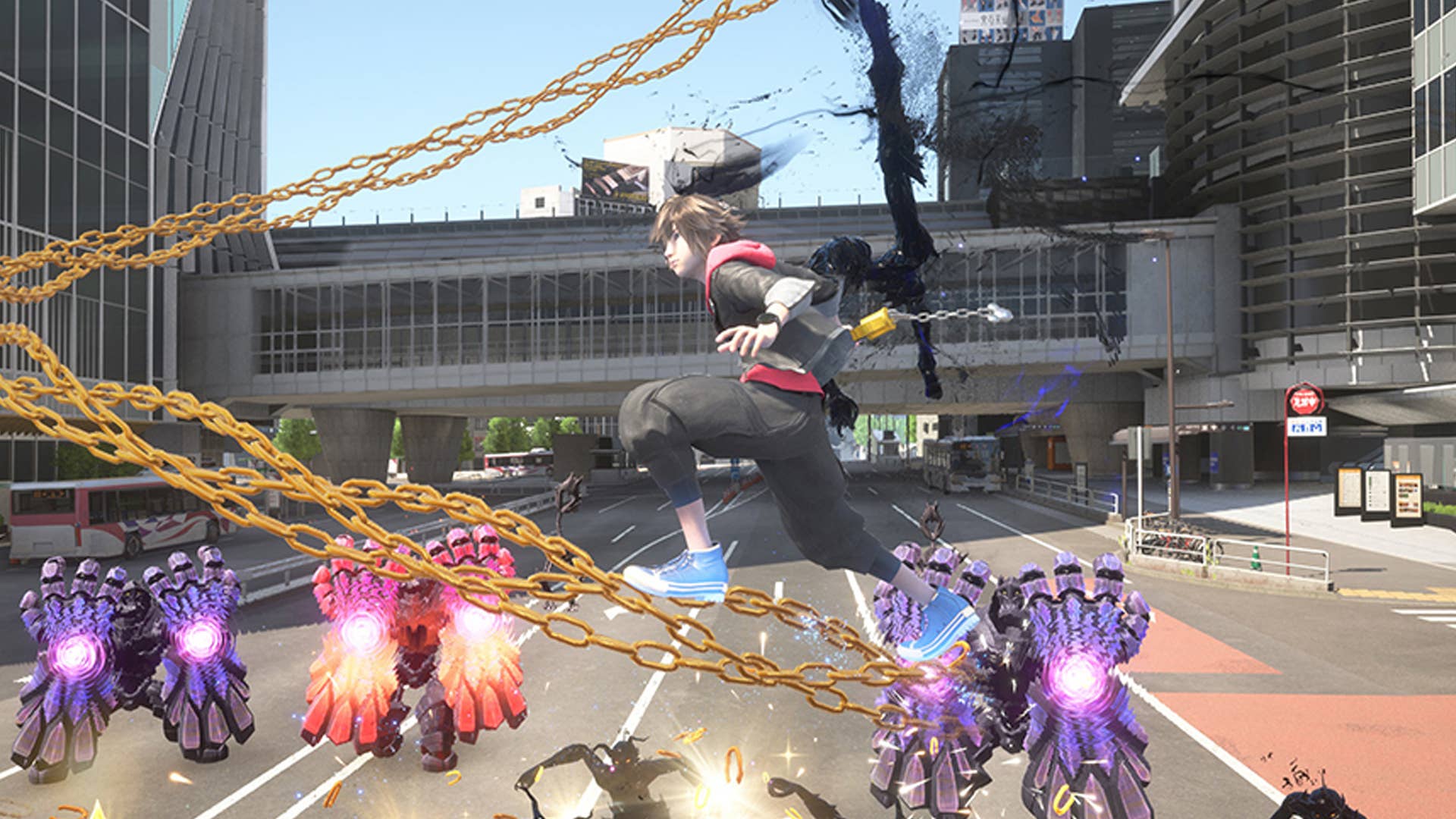
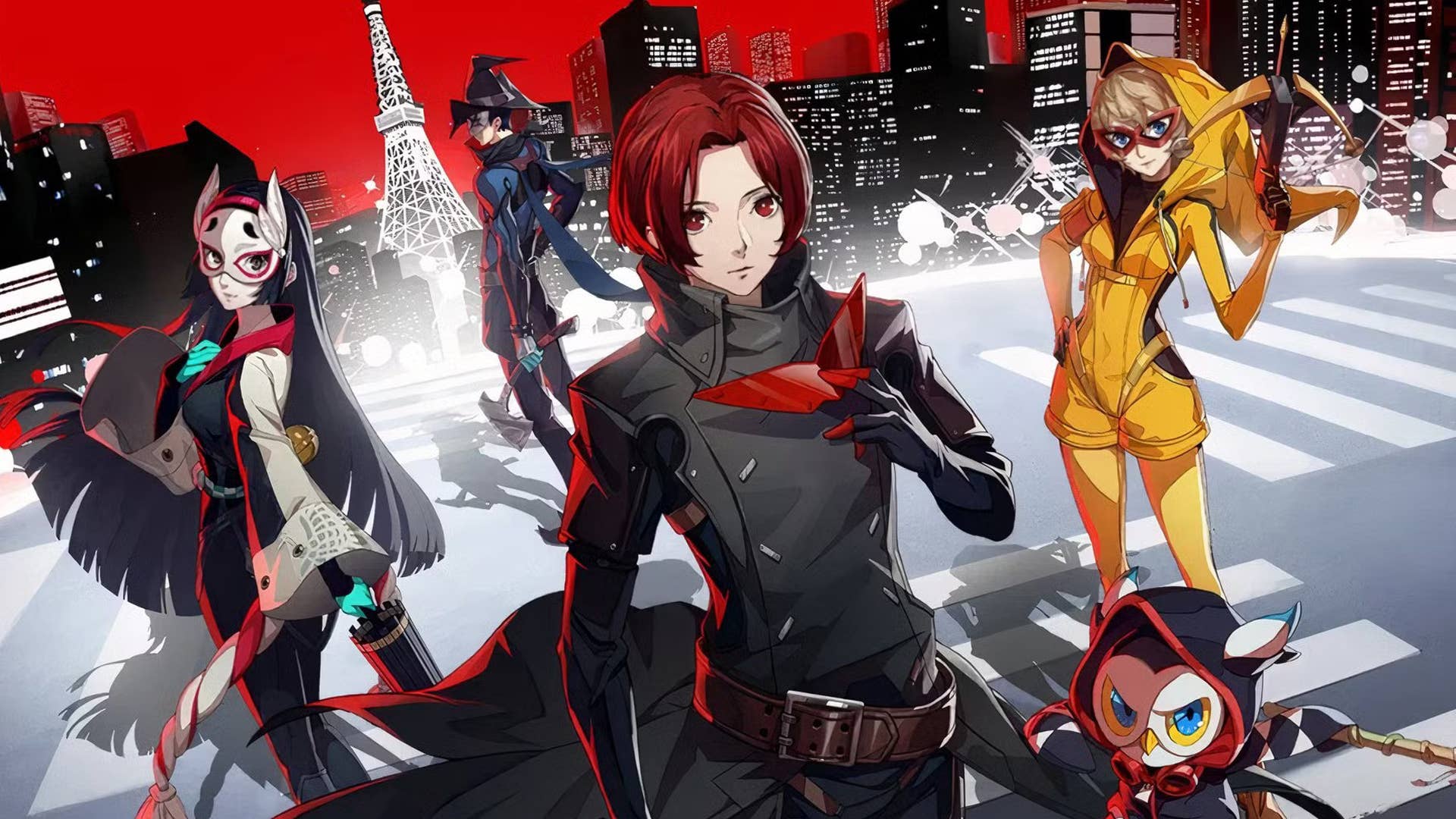






![Legends Reborn tier list of best heroes for each class [May 2025]](https://media.pocketgamer.com/artwork/na-33360-1656320479/pg-magnum-quest-fi-1.jpeg?#)





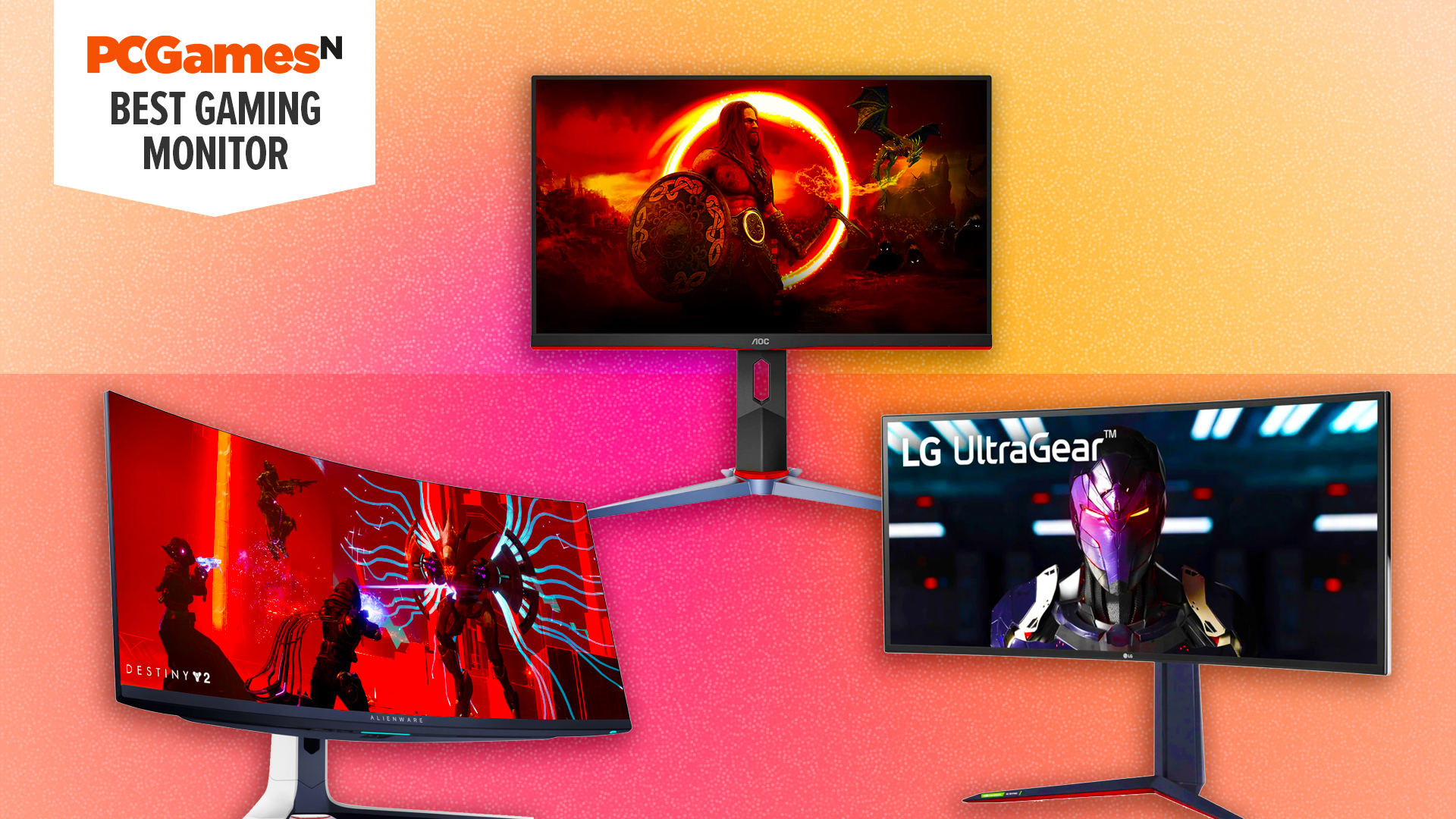







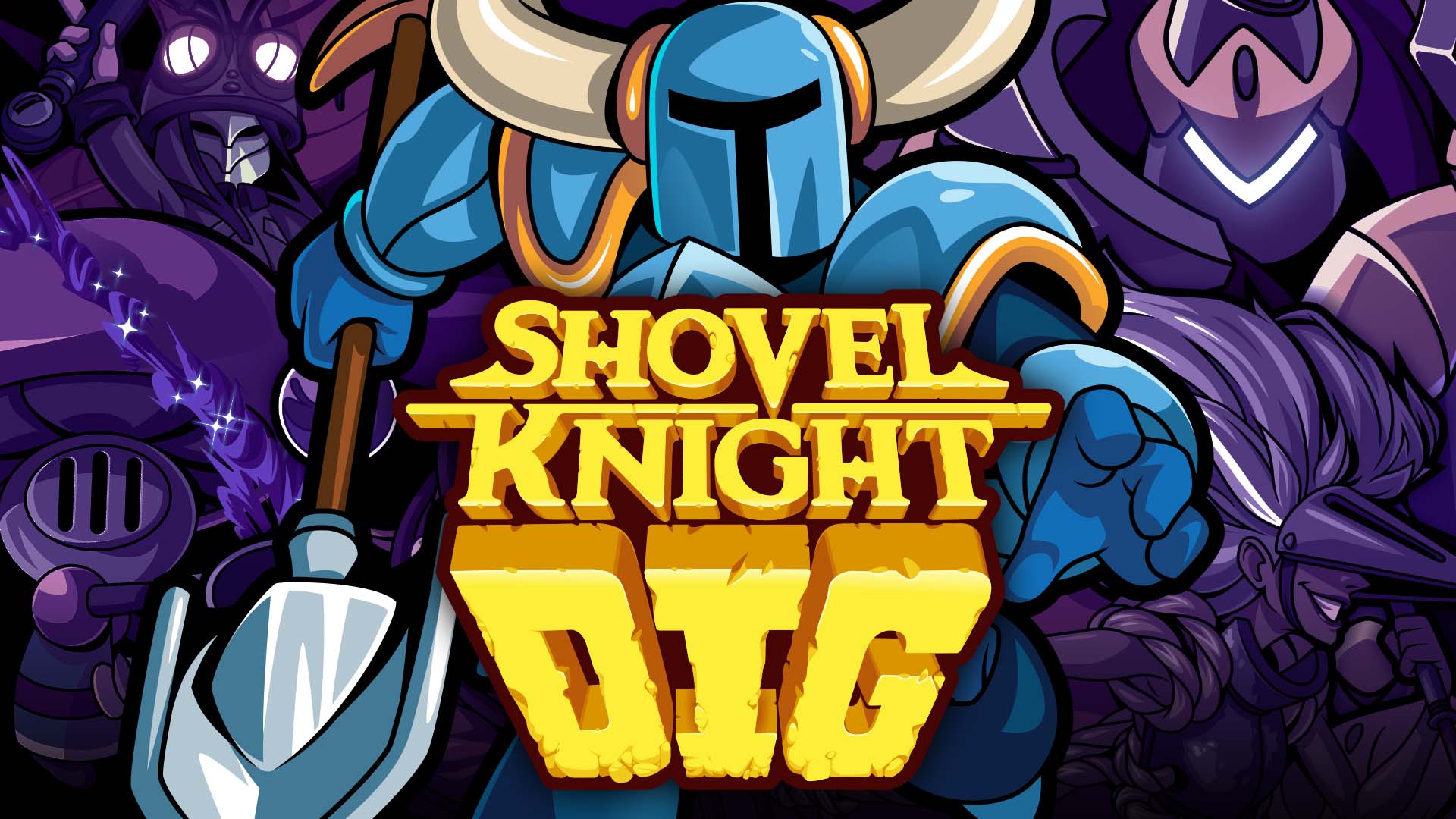
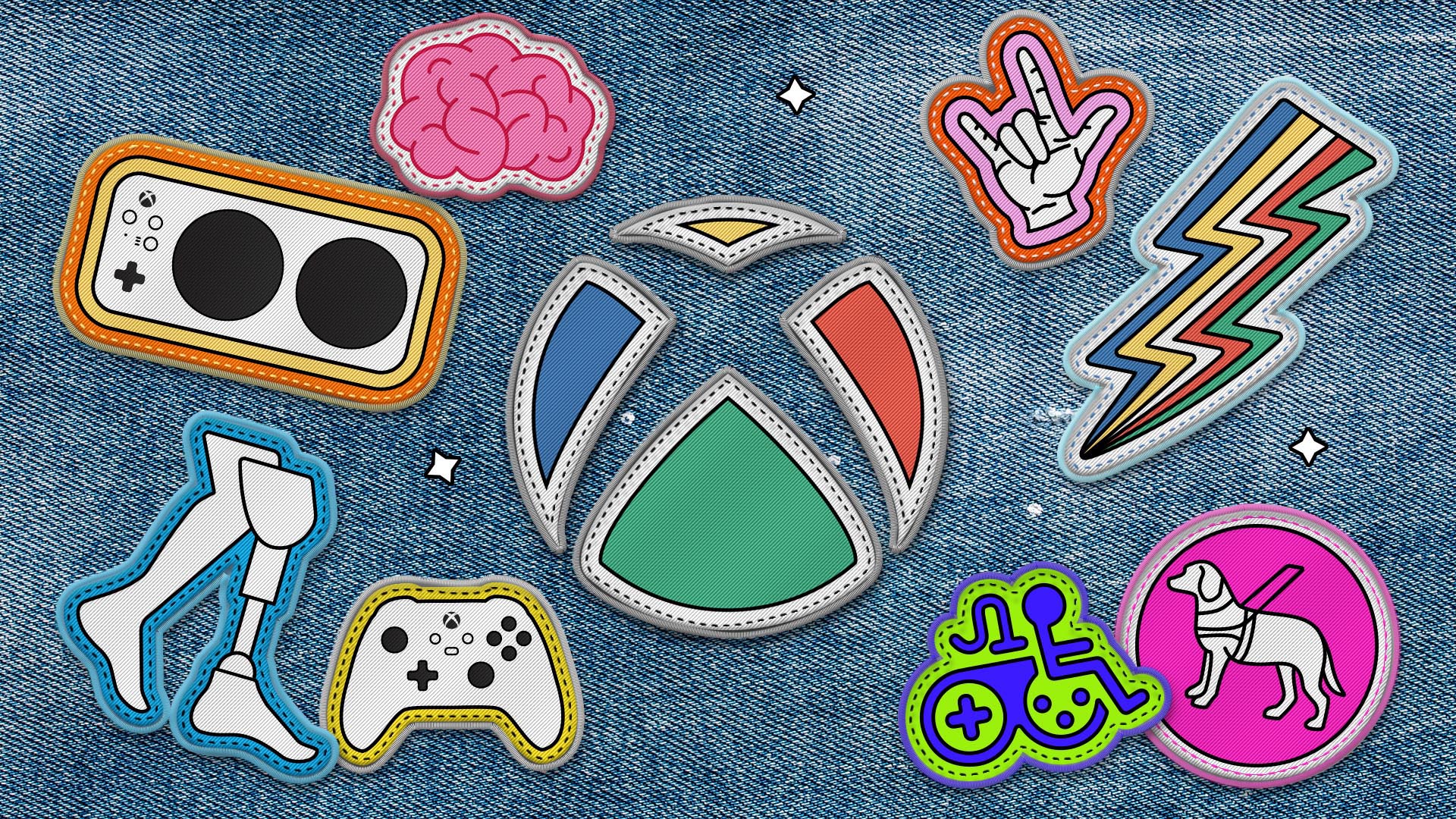
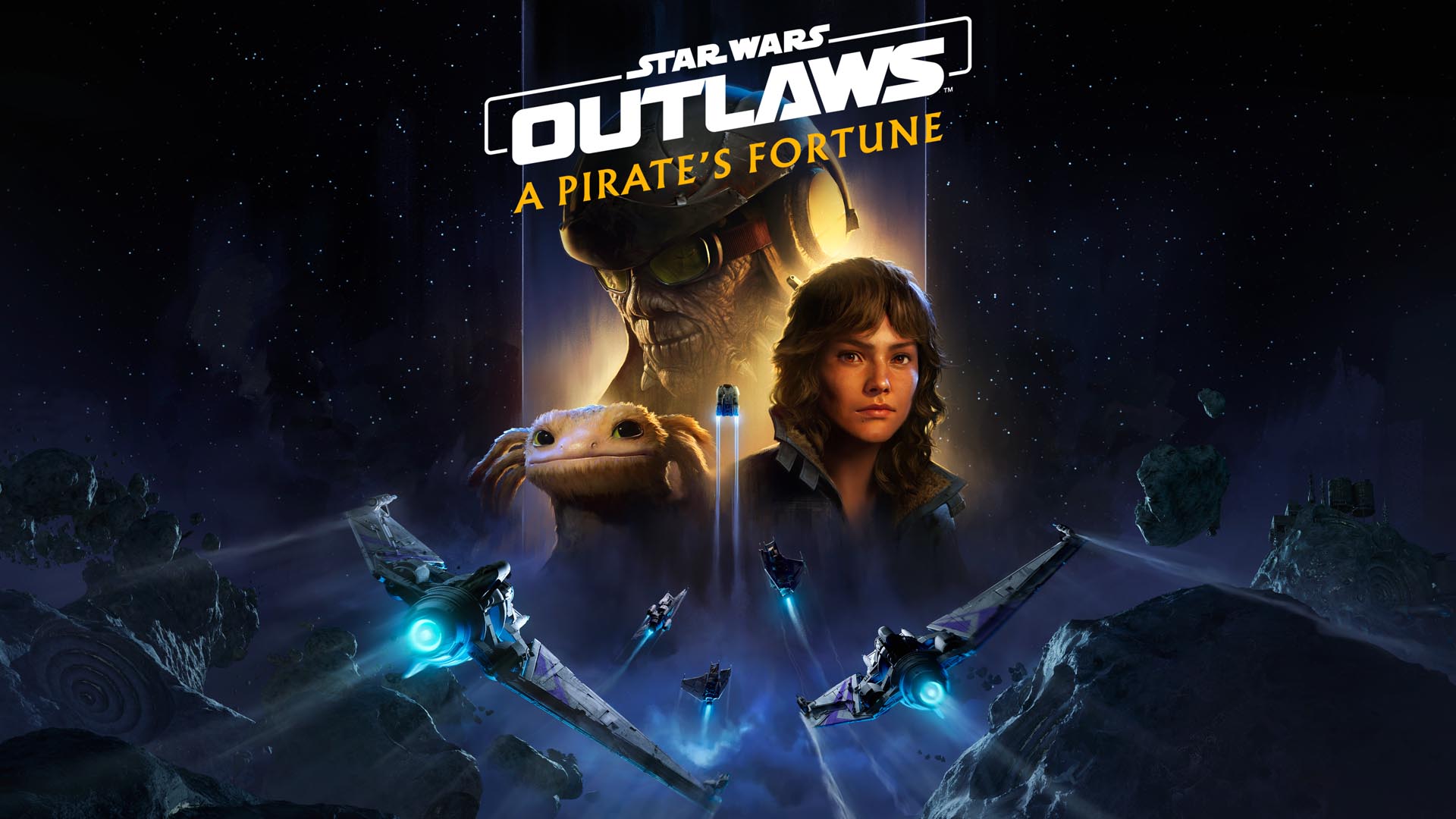





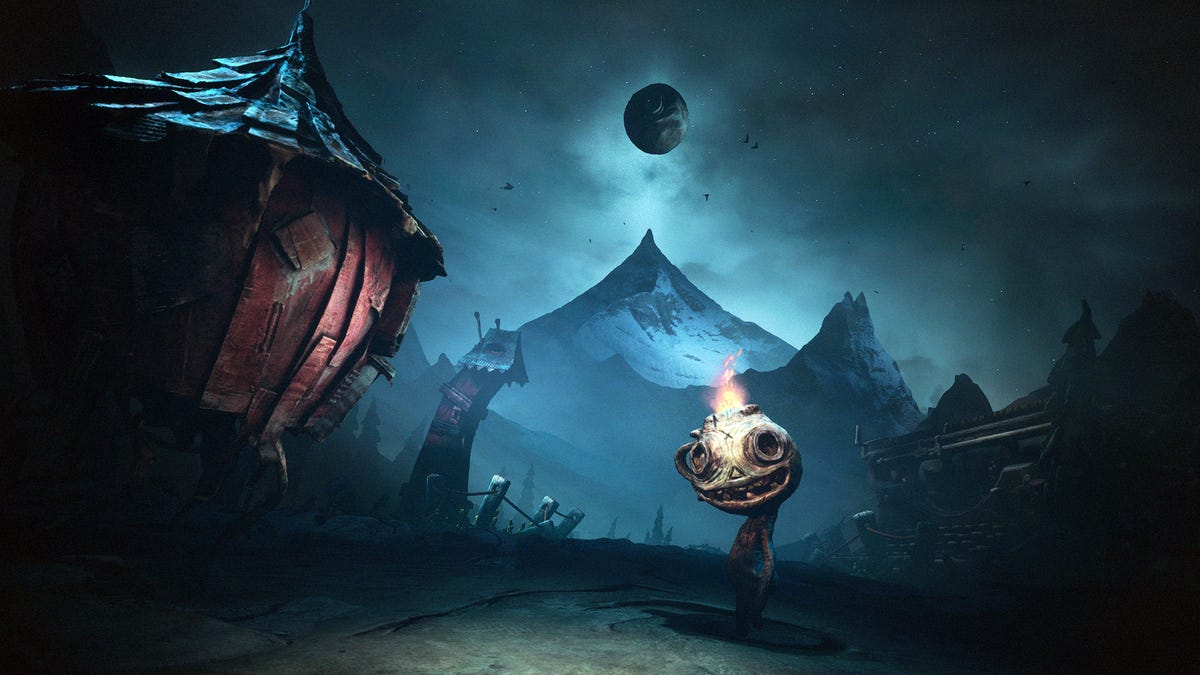
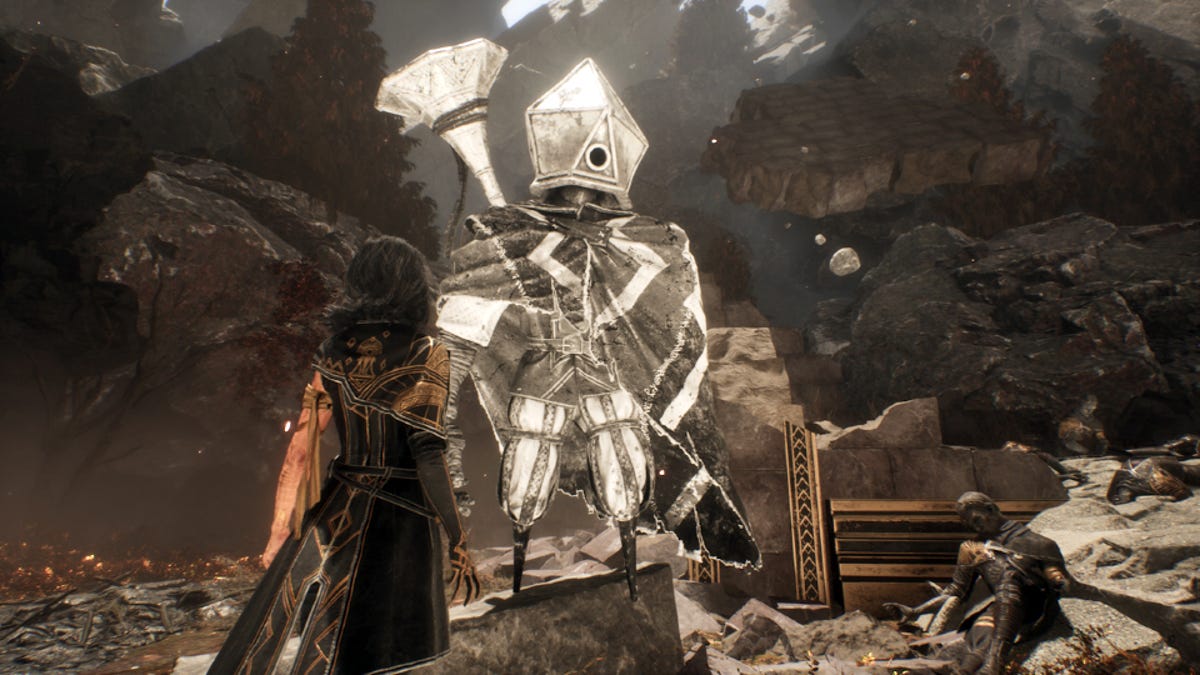
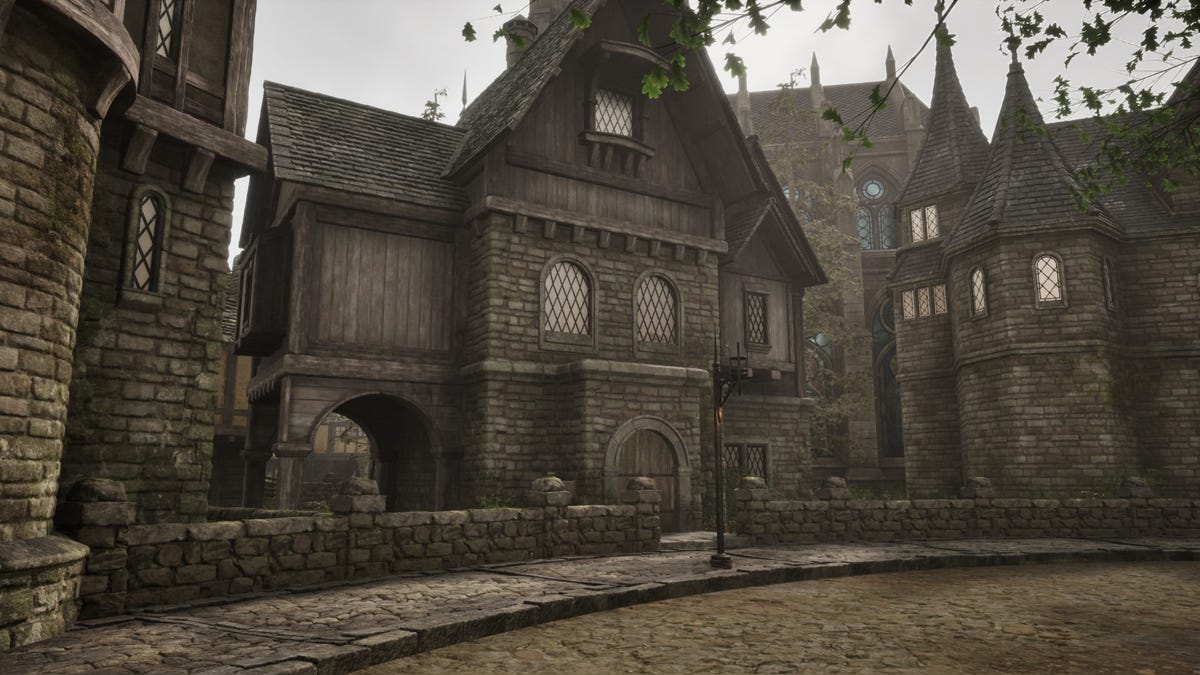














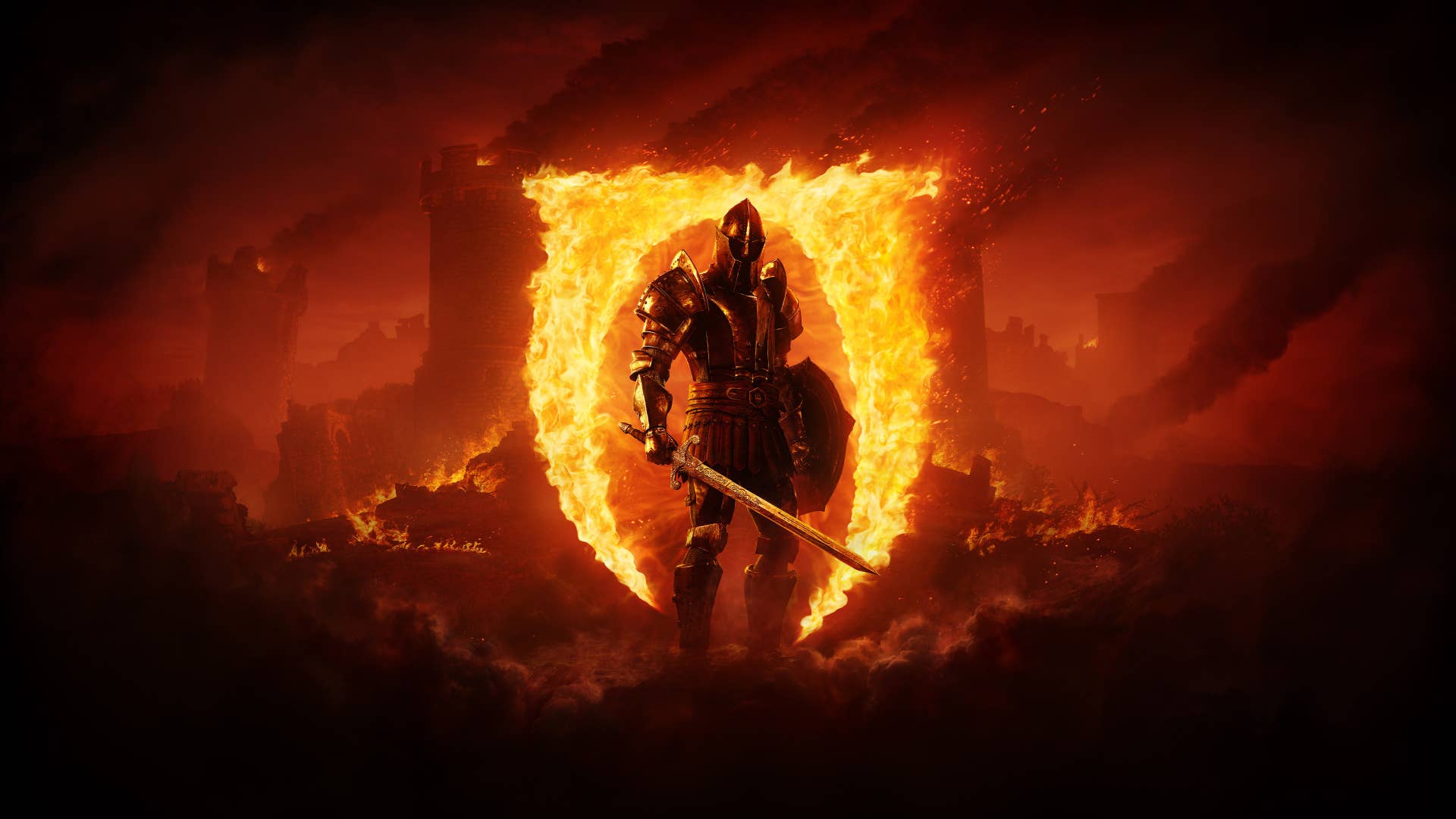
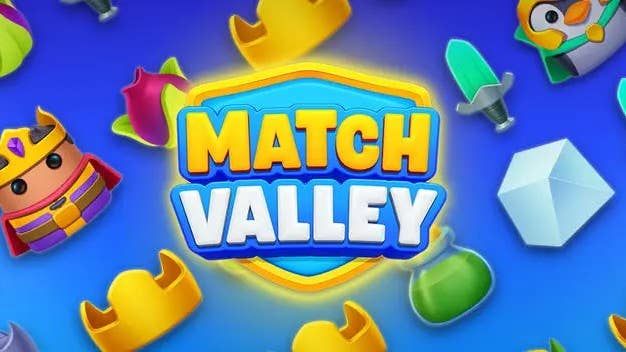

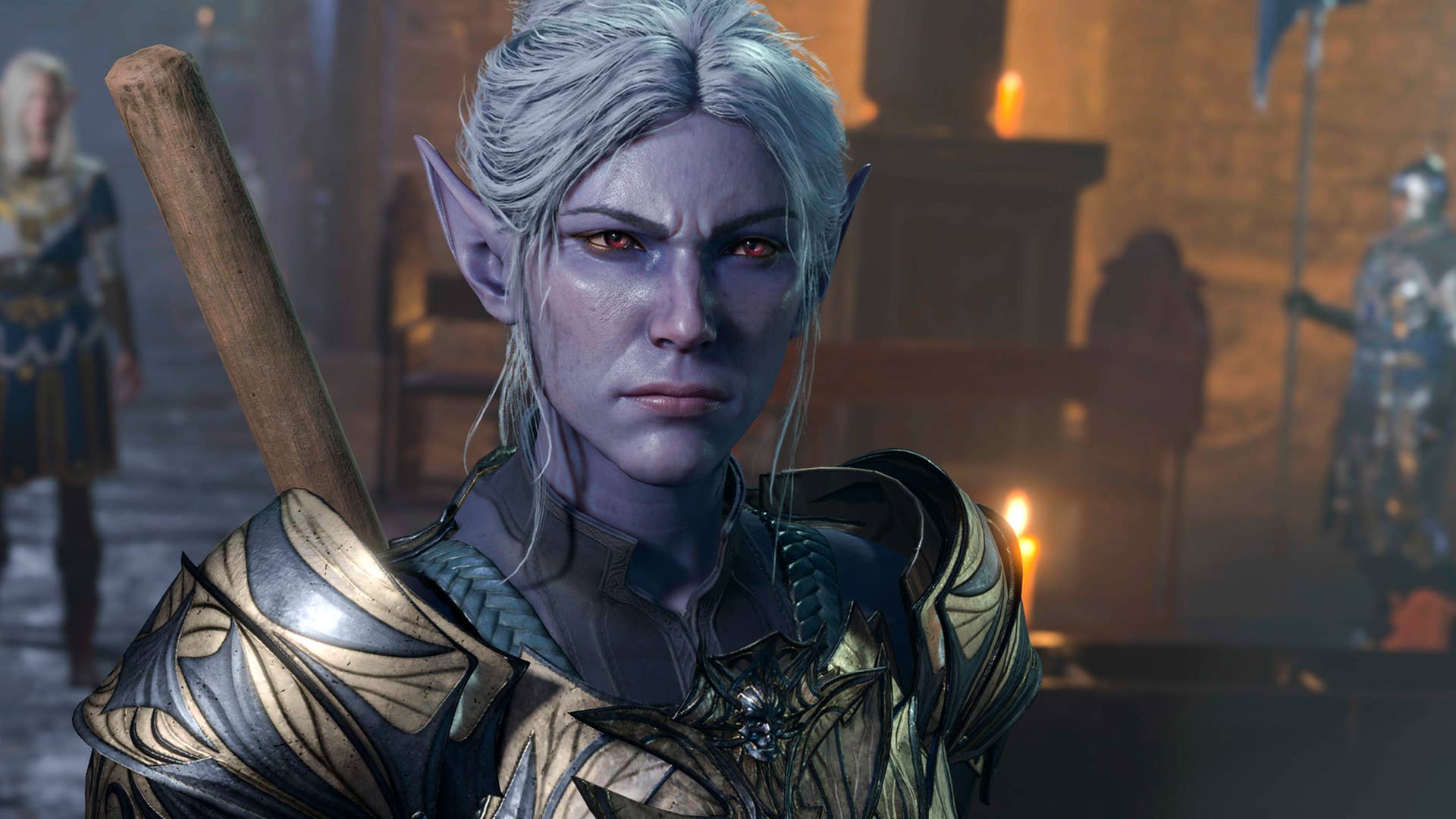
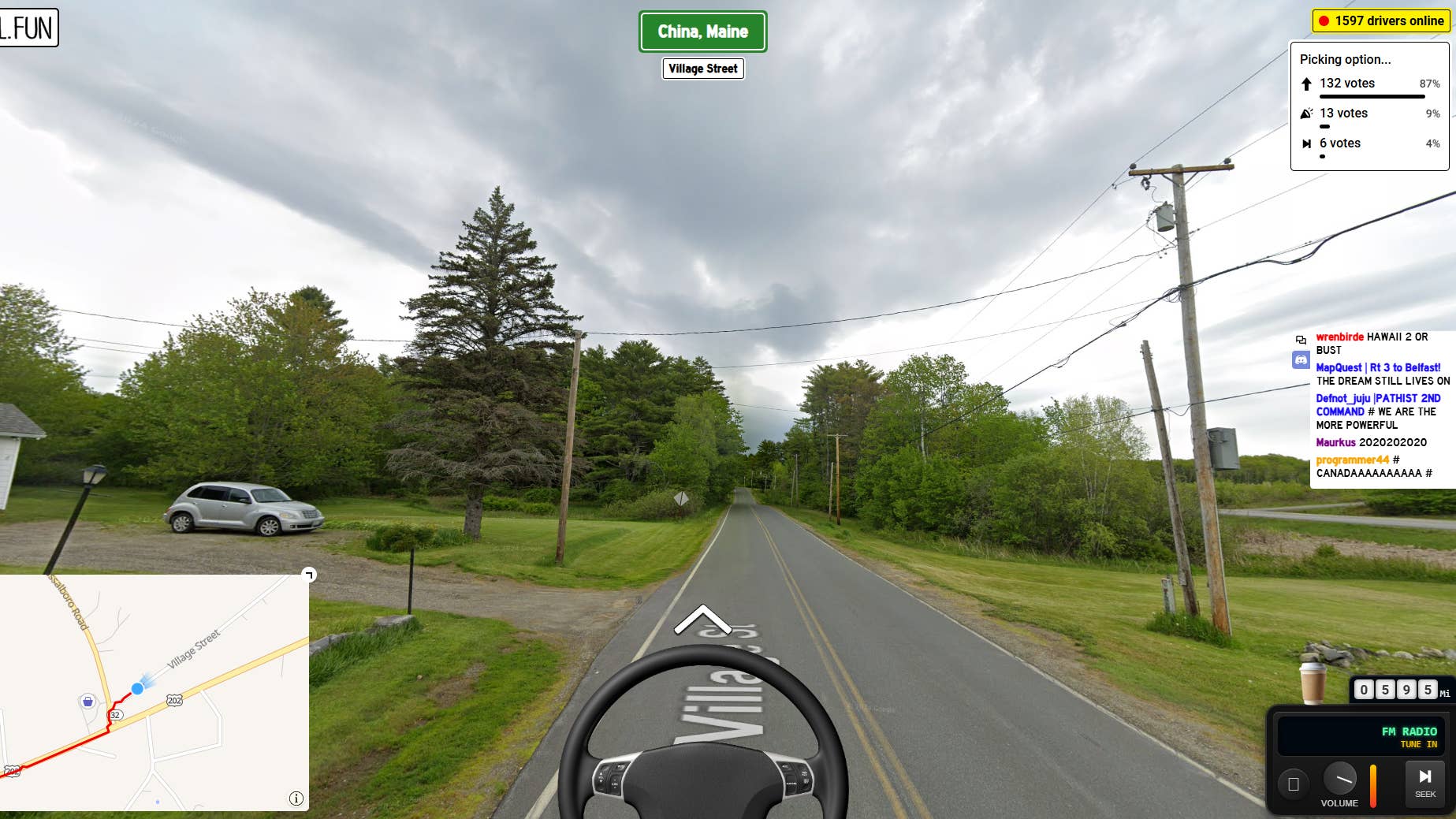






















-Olekcii_Mach_Alamy.jpg?width=1280&auto=webp&quality=80&disable=upscale#)




















































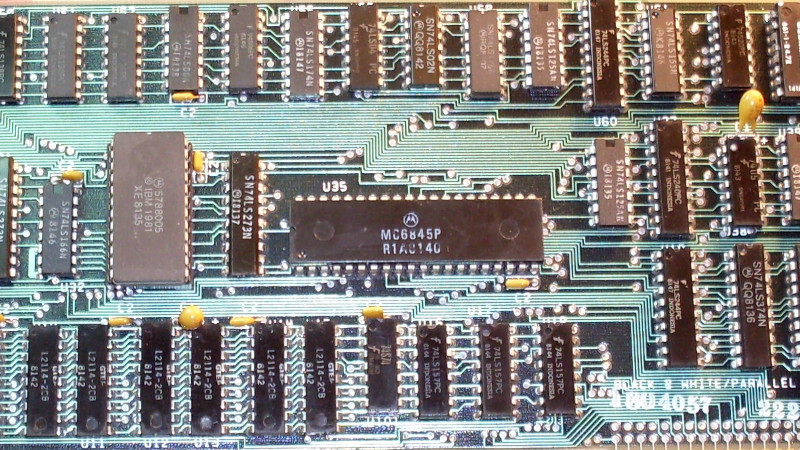
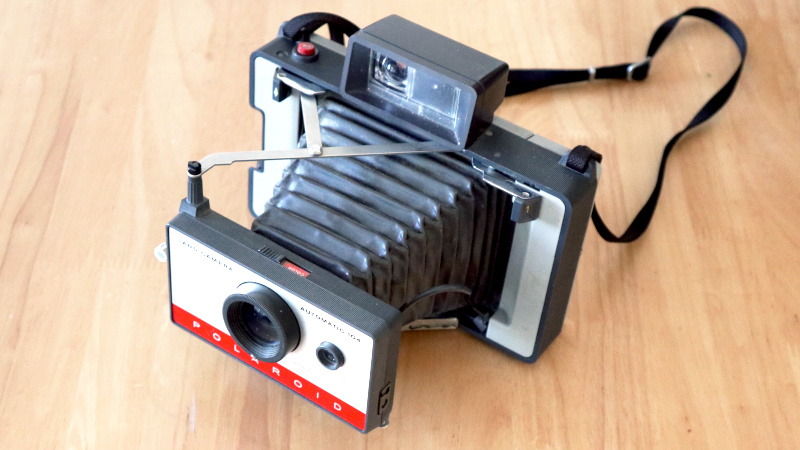
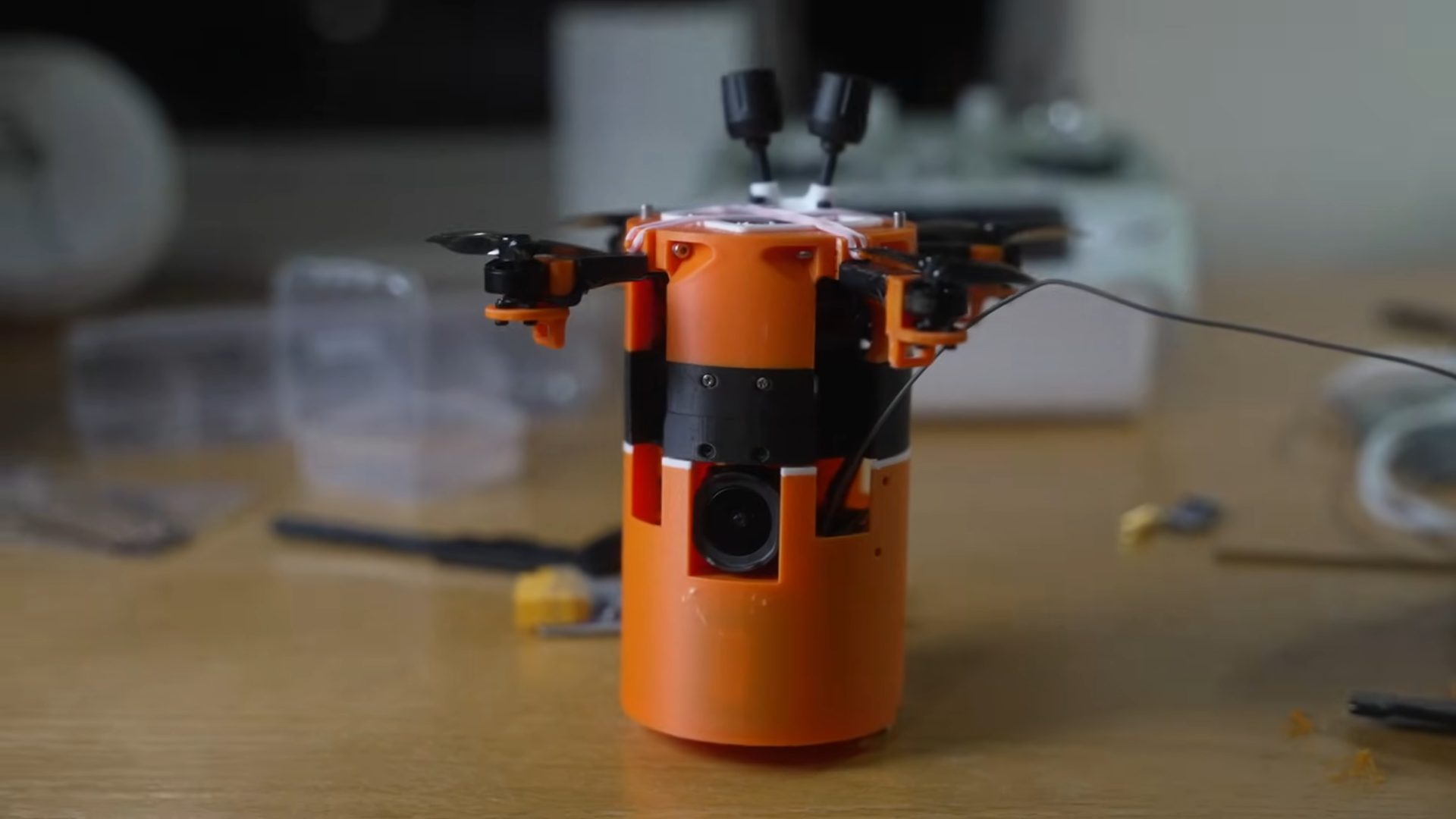



















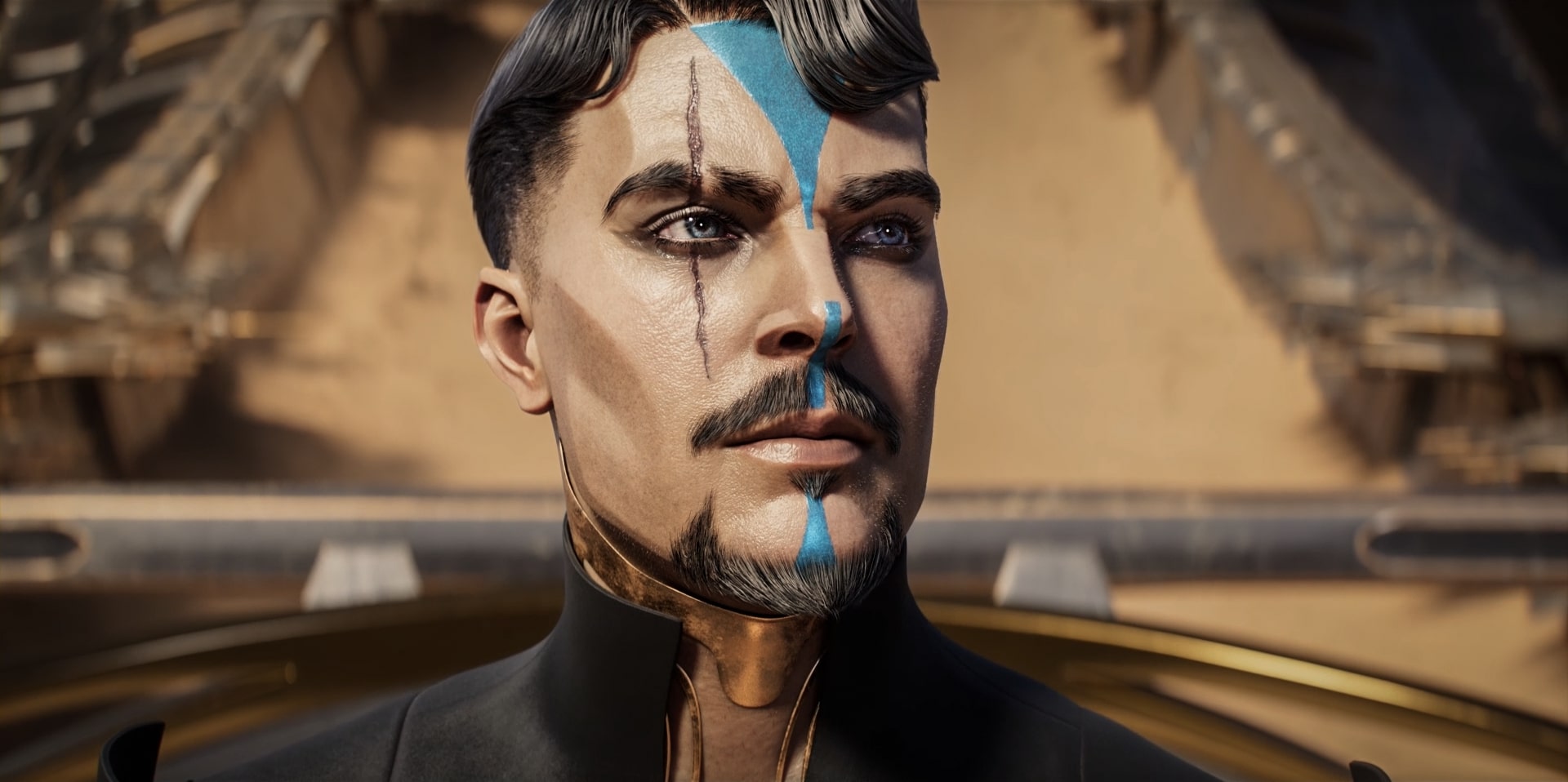


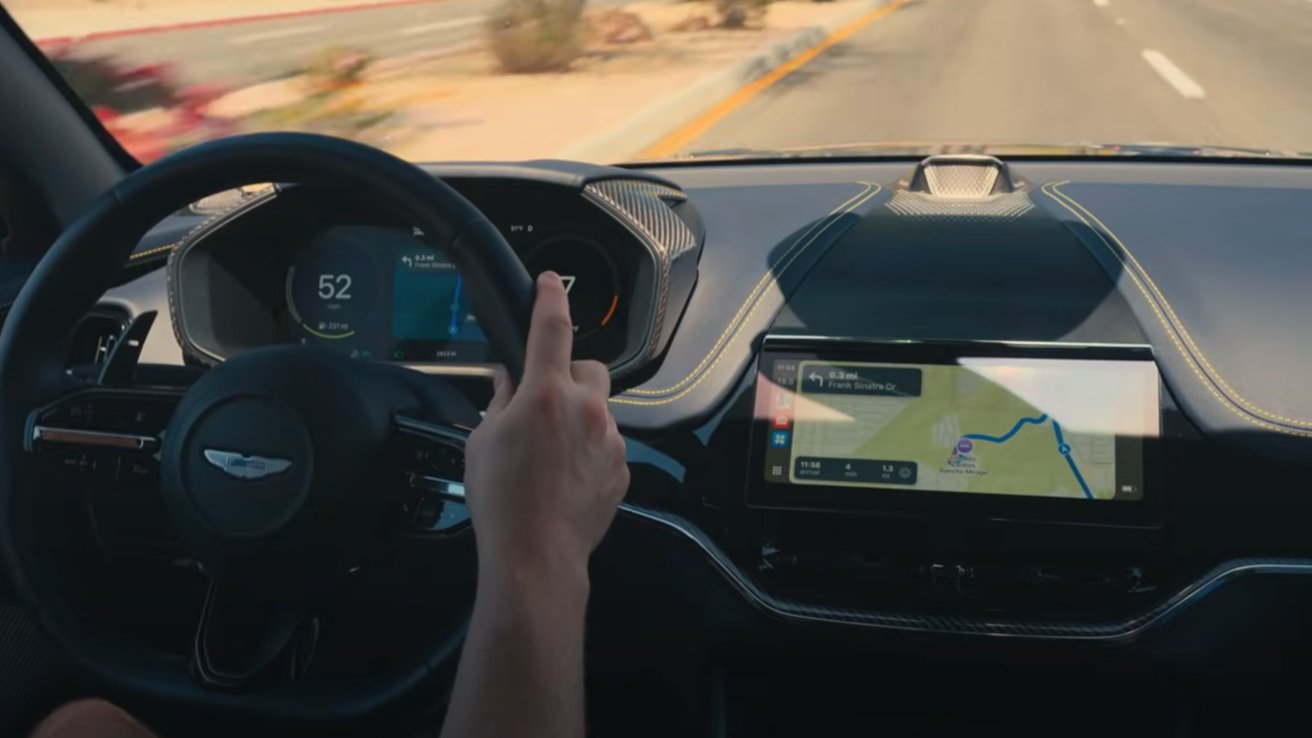
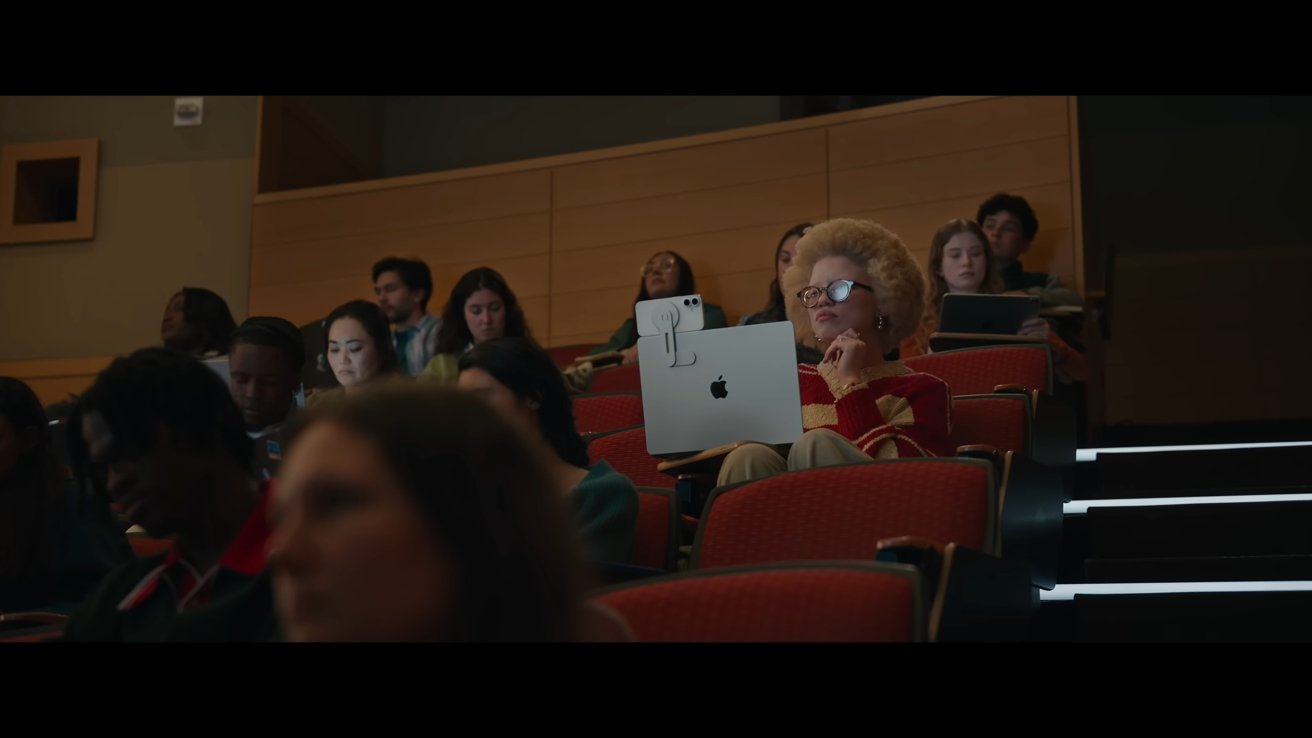



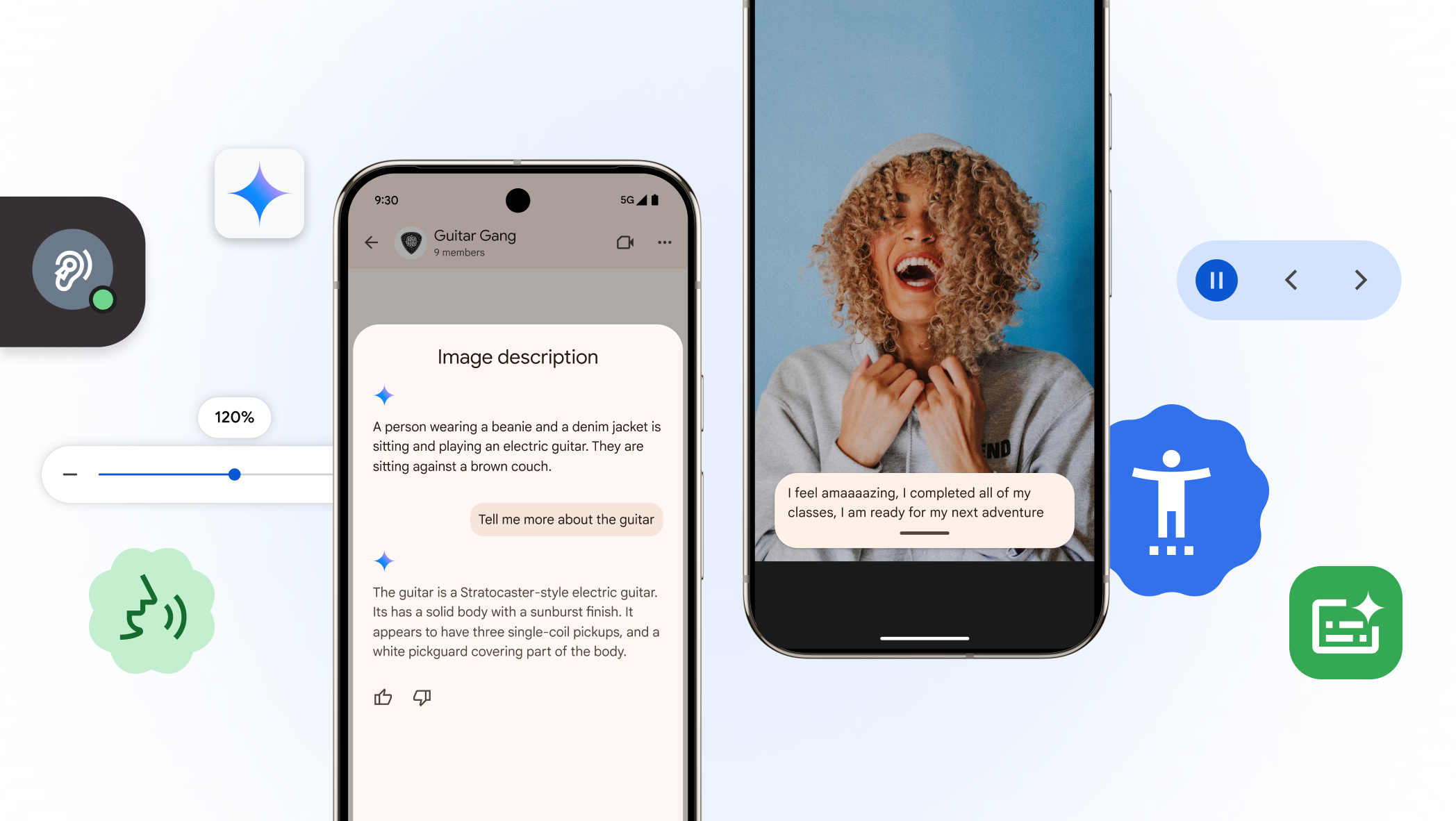



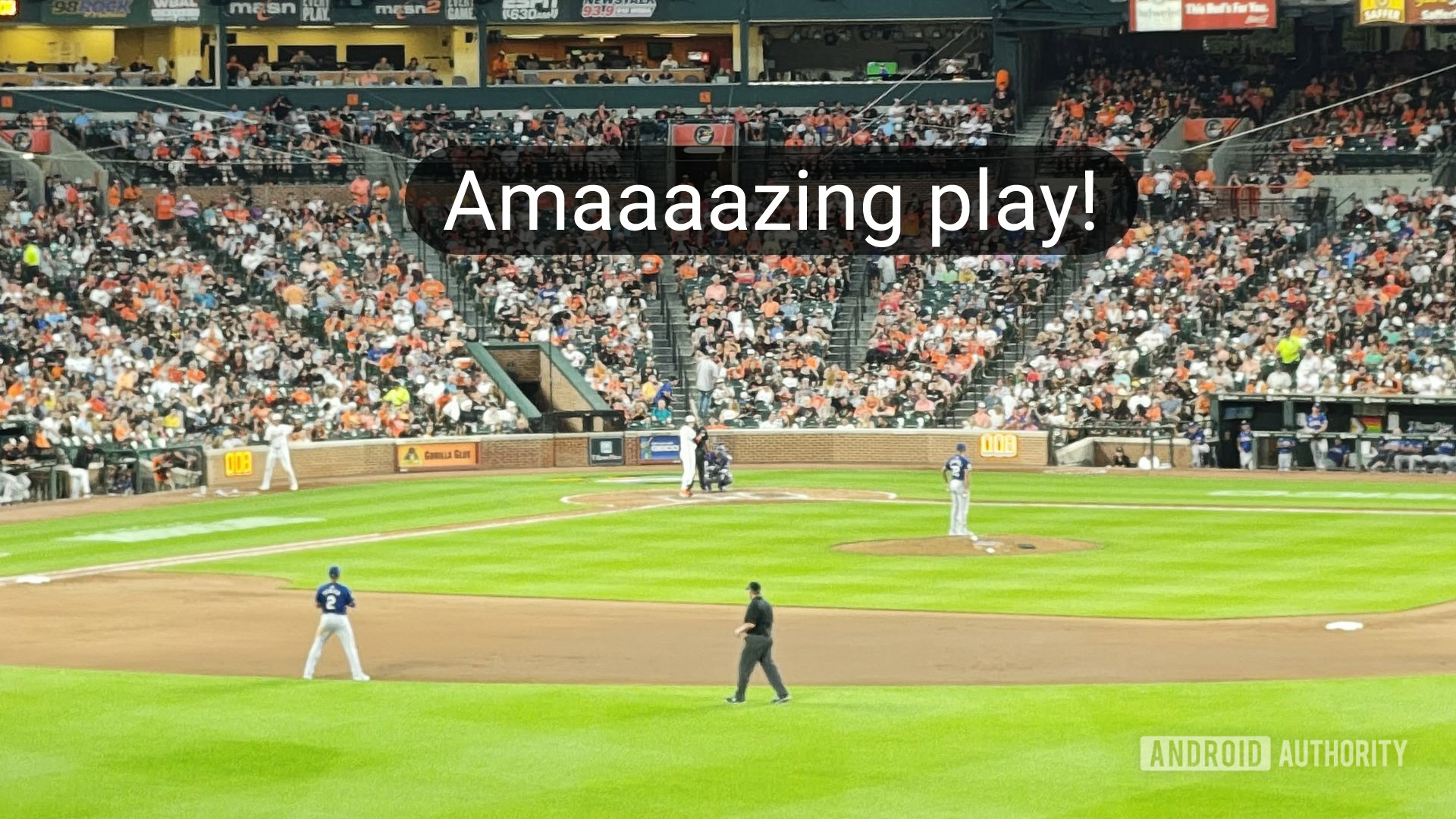

















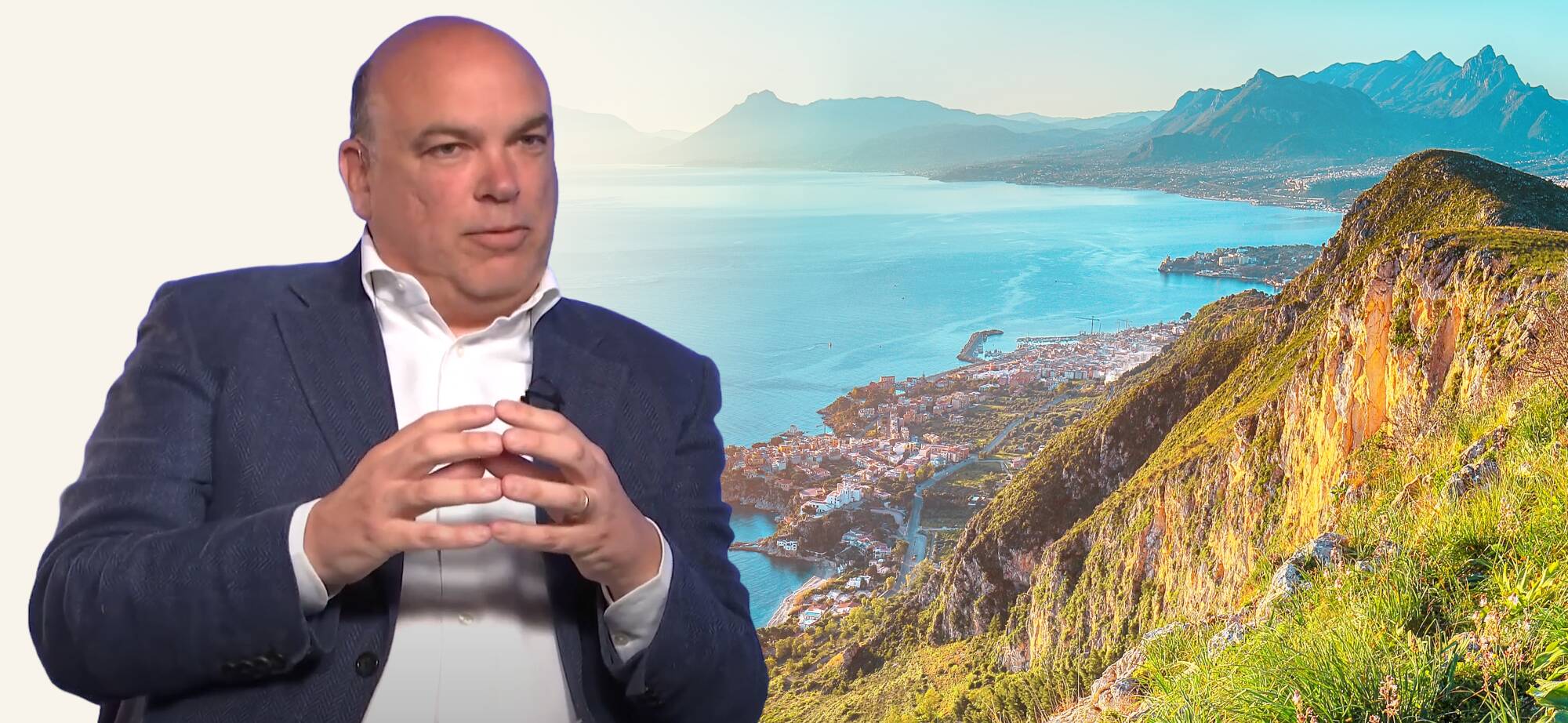

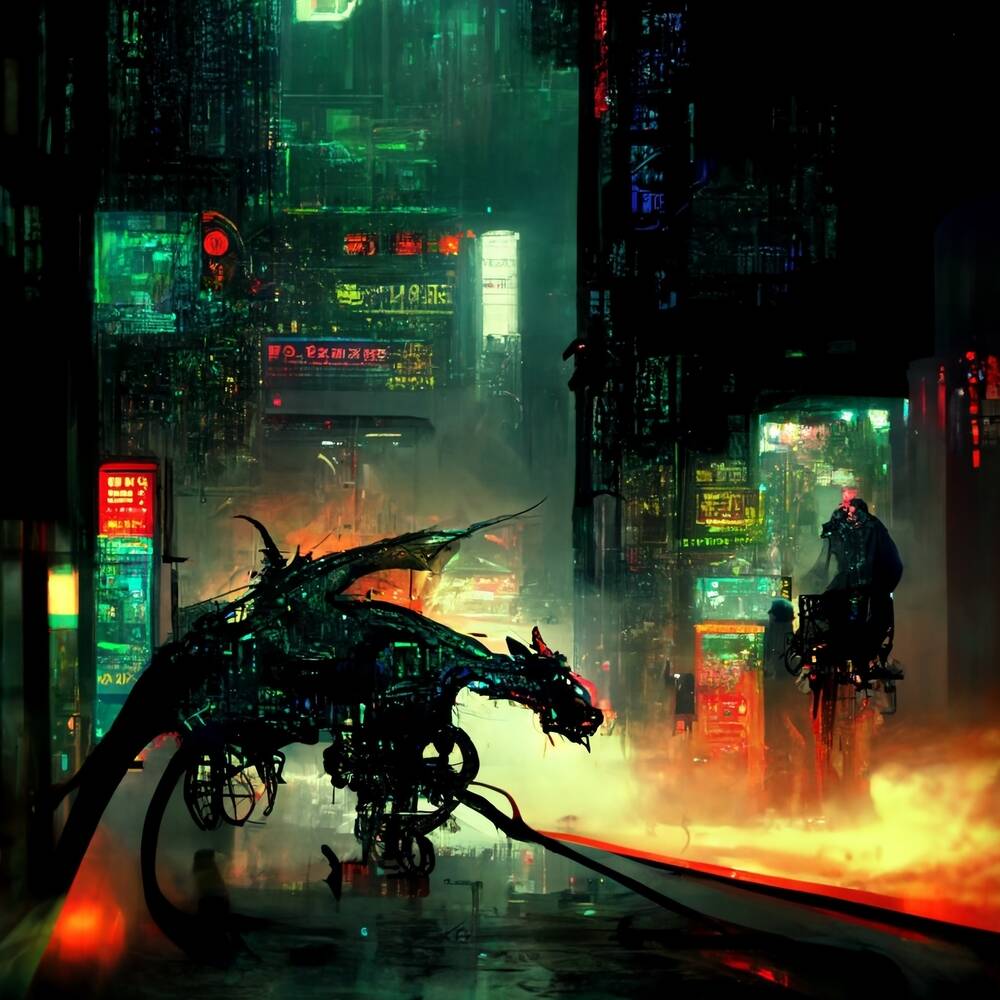


![Watch Aston Martin and Top Gear Show Off Apple CarPlay Ultra [Video]](https://www.iclarified.com/images/news/97336/97336/97336-640.jpg)

![Trump Tells Cook to Stop Building iPhones in India and Build in the U.S. Instead [Video]](https://www.iclarified.com/images/news/97329/97329/97329-640.jpg)












